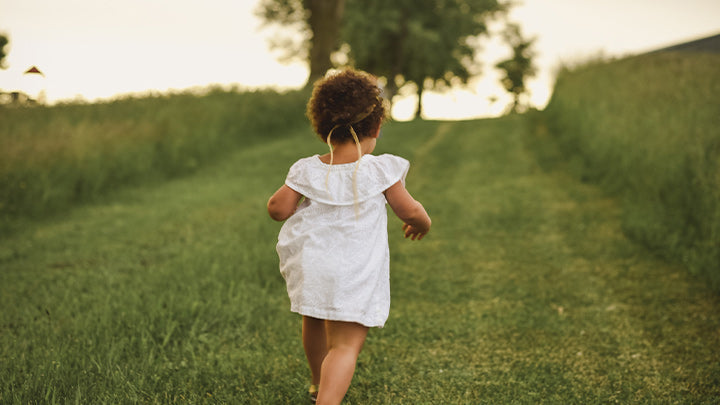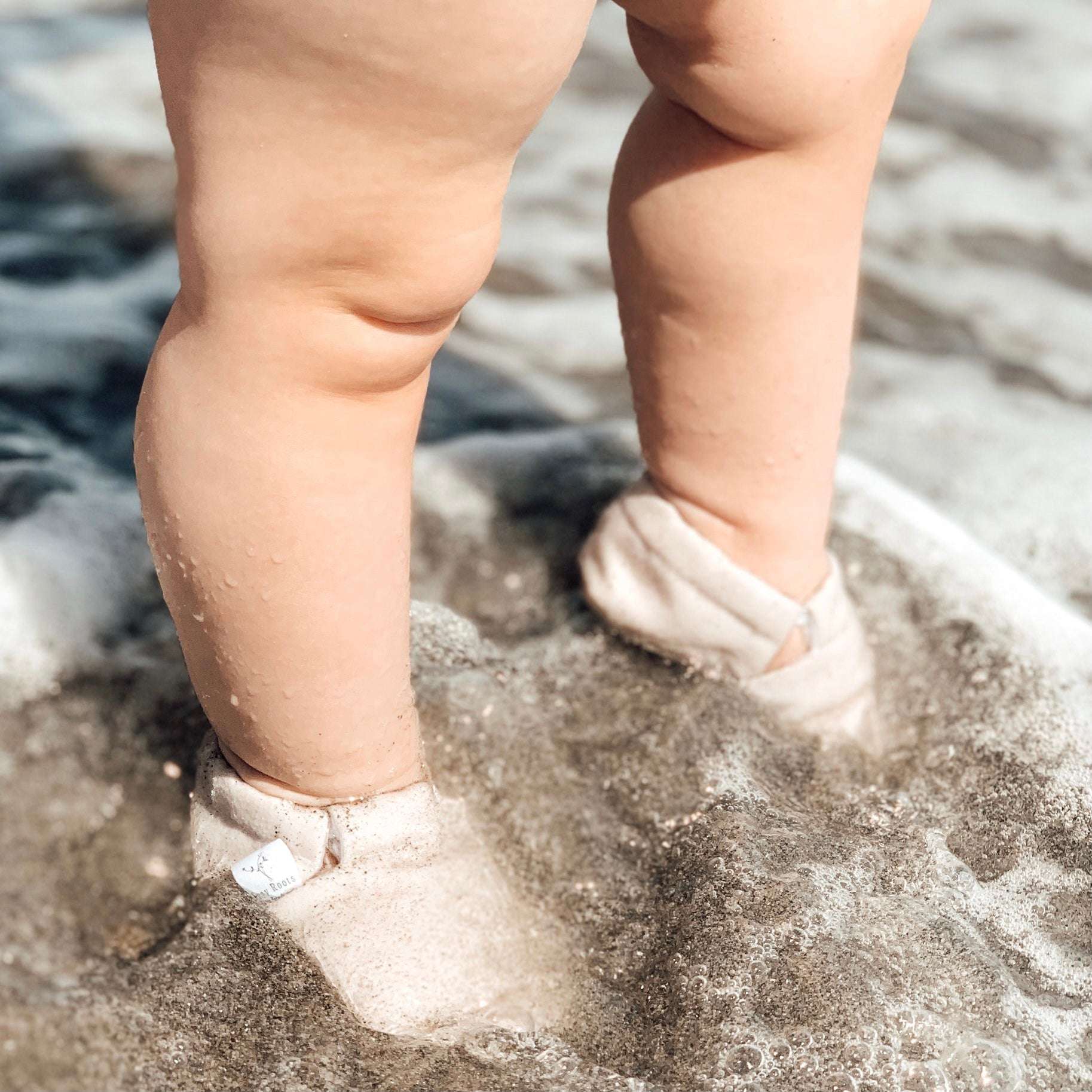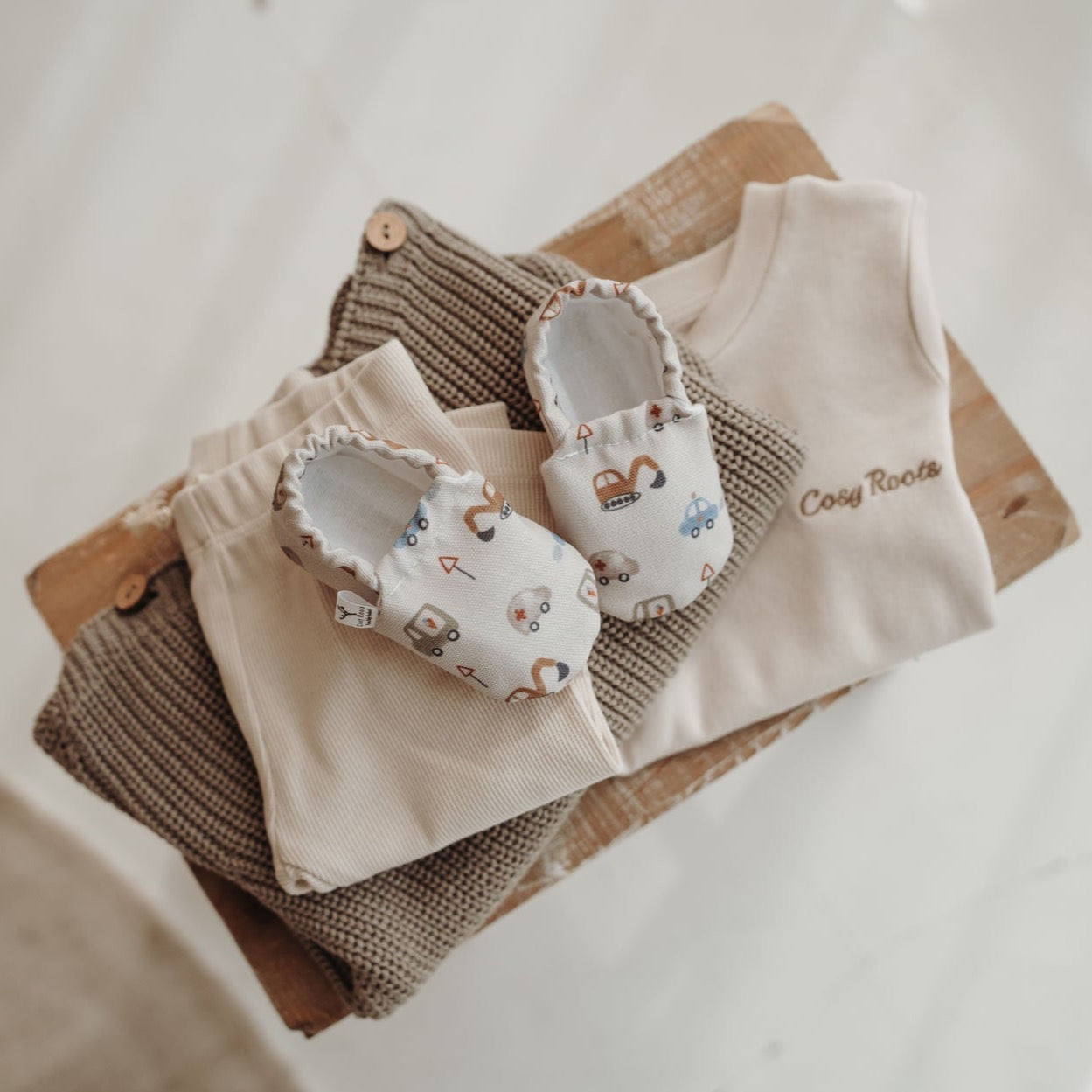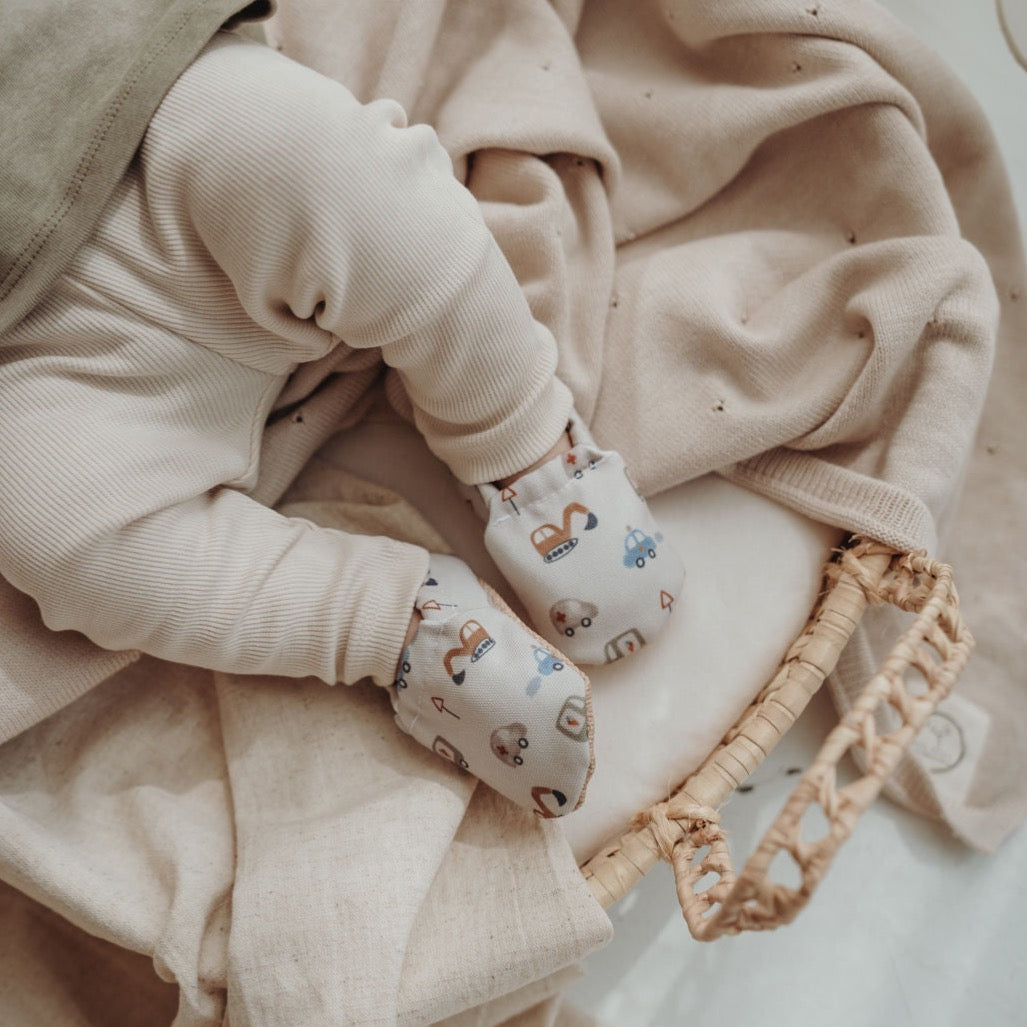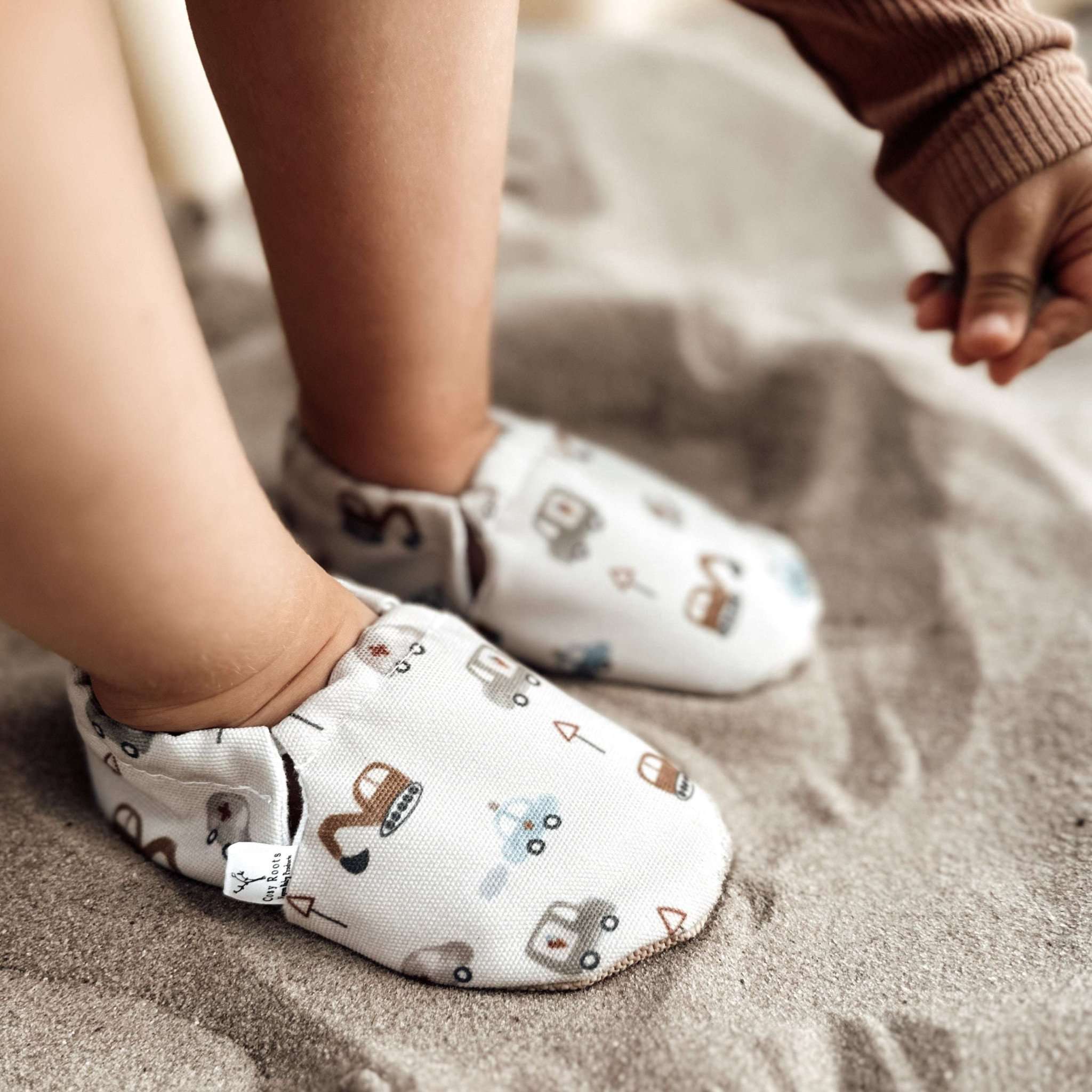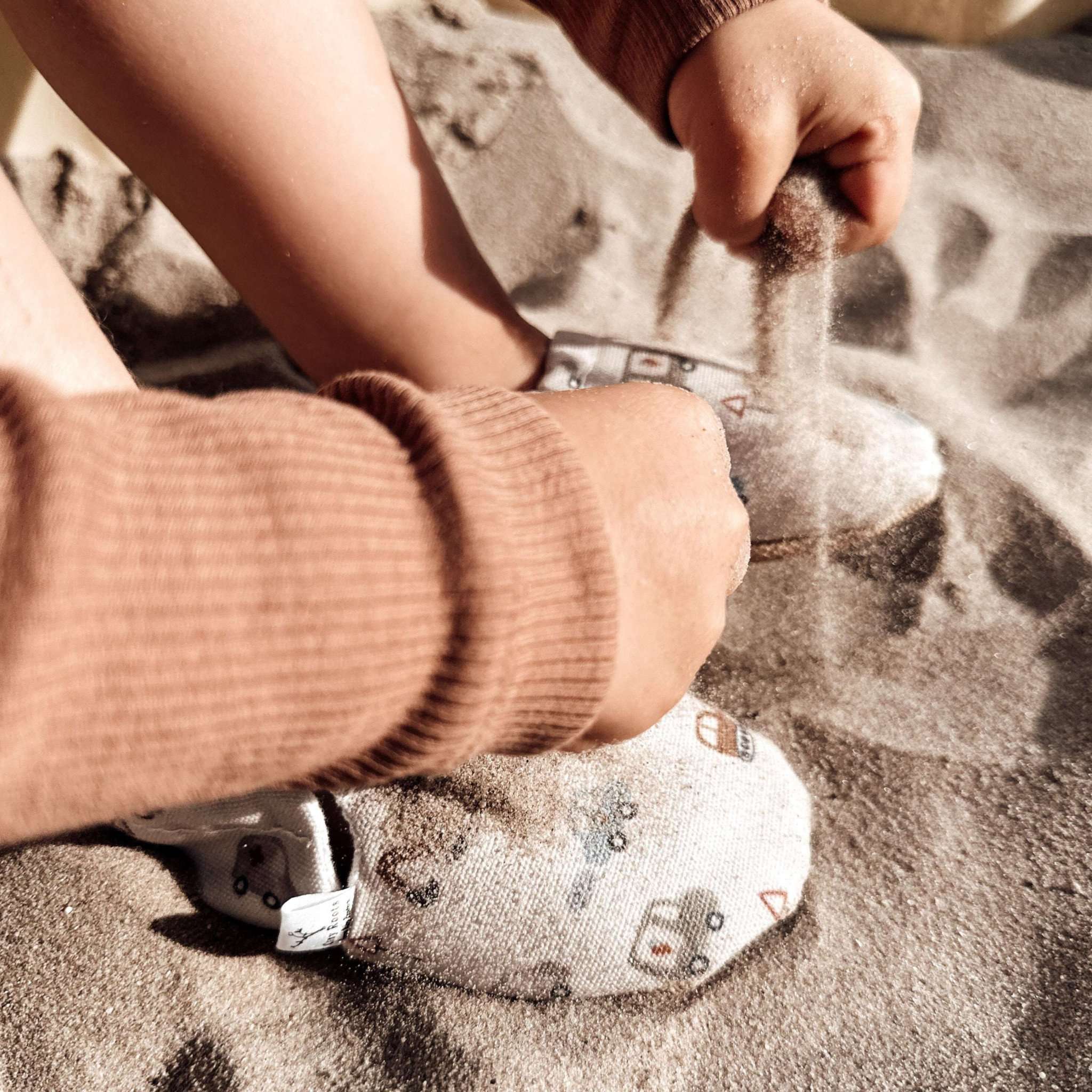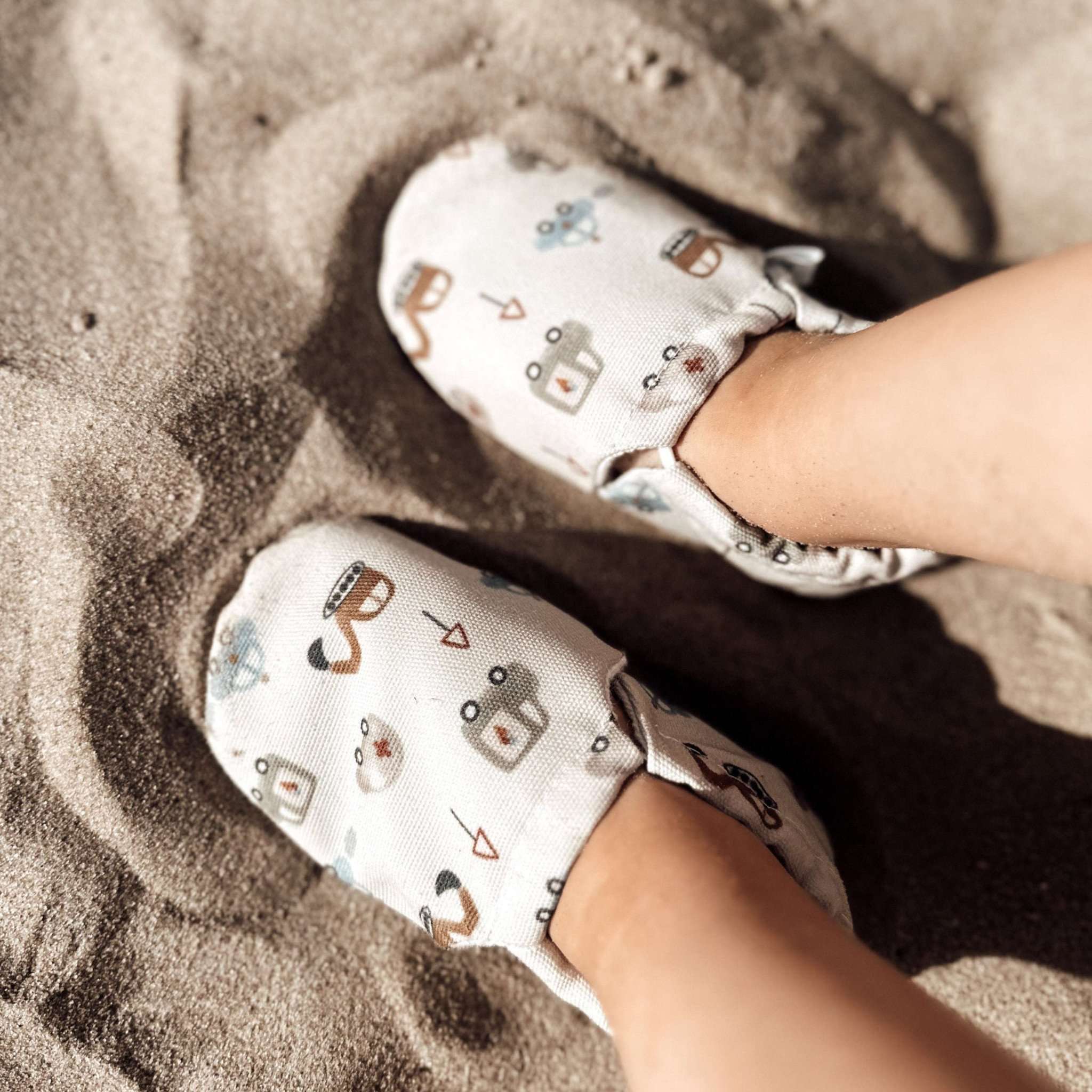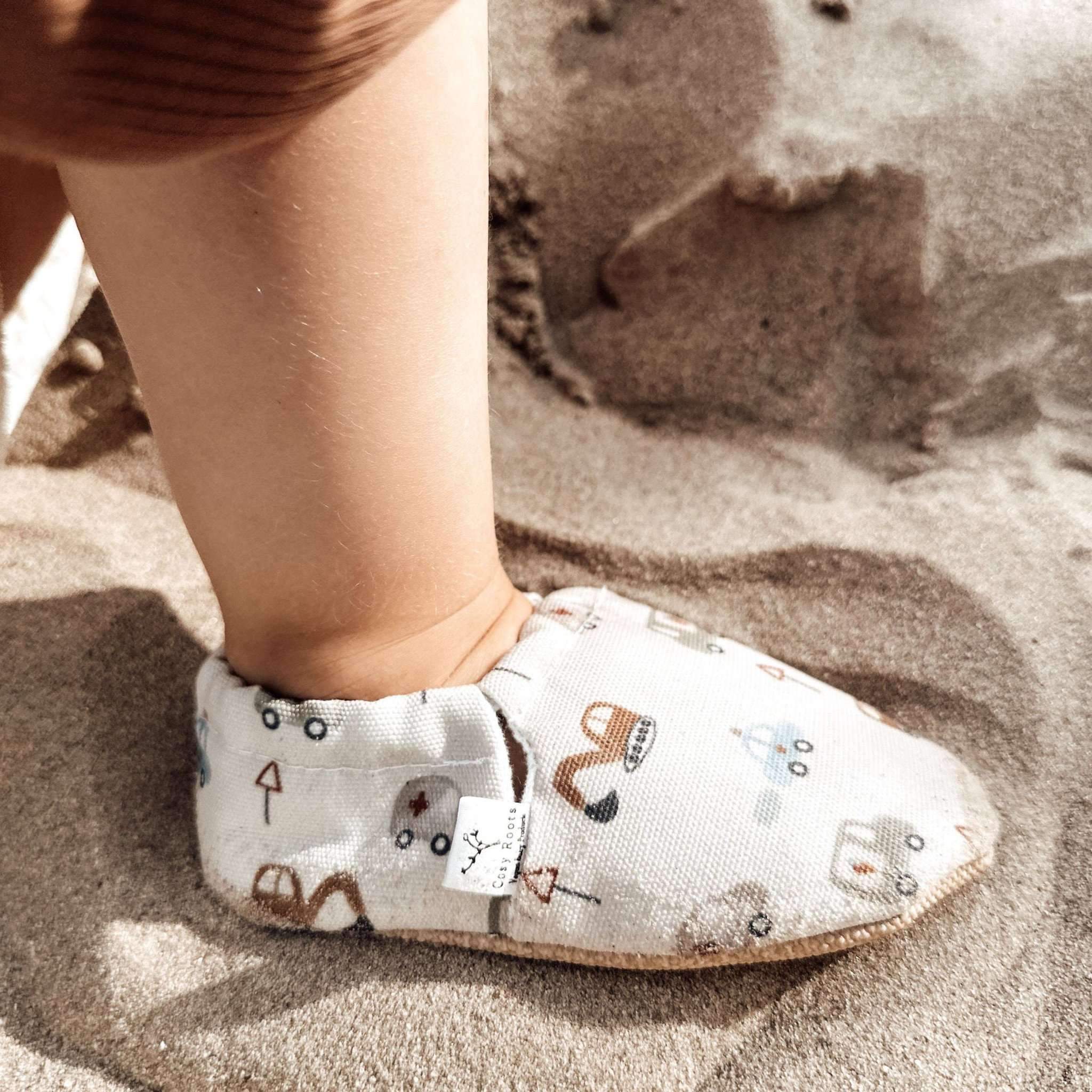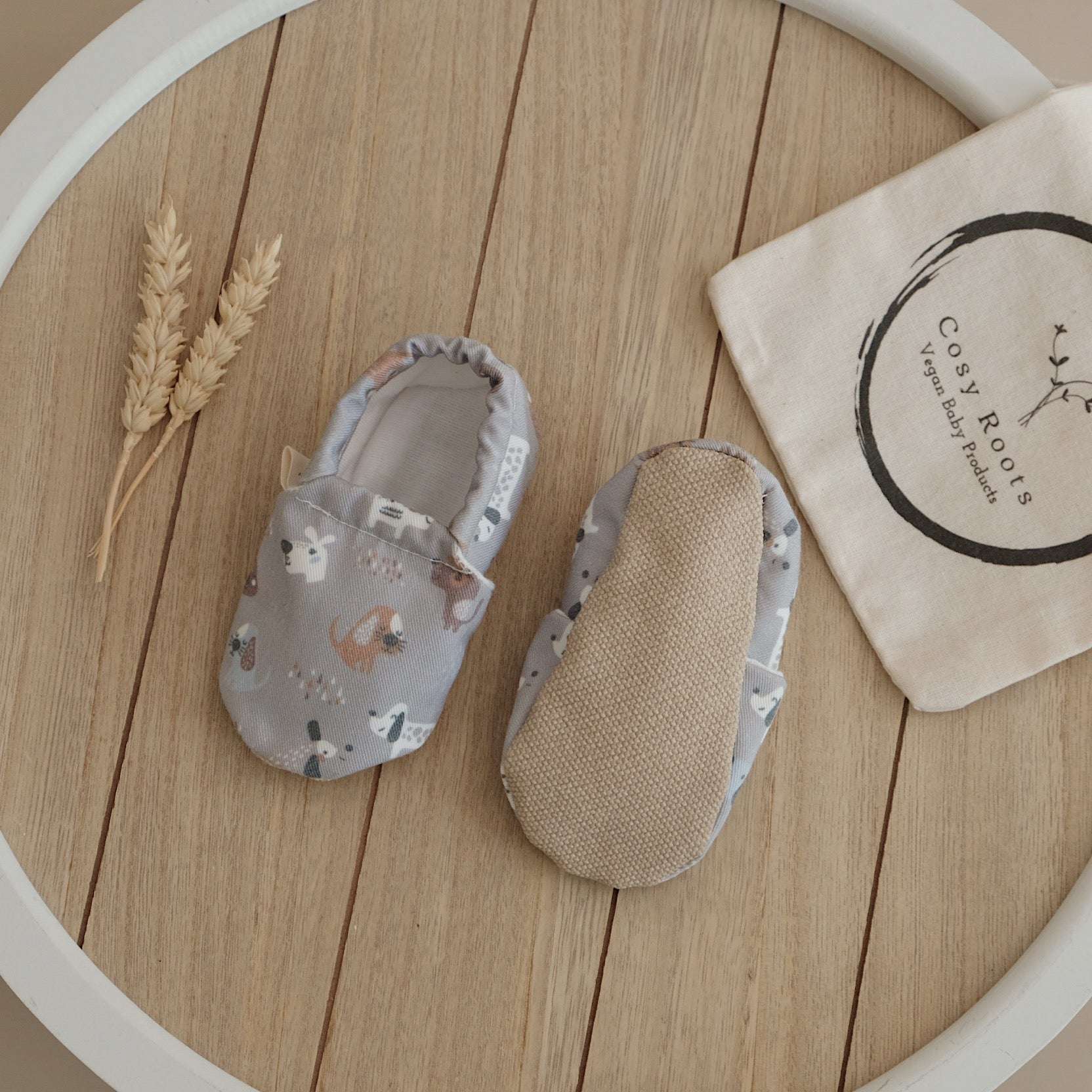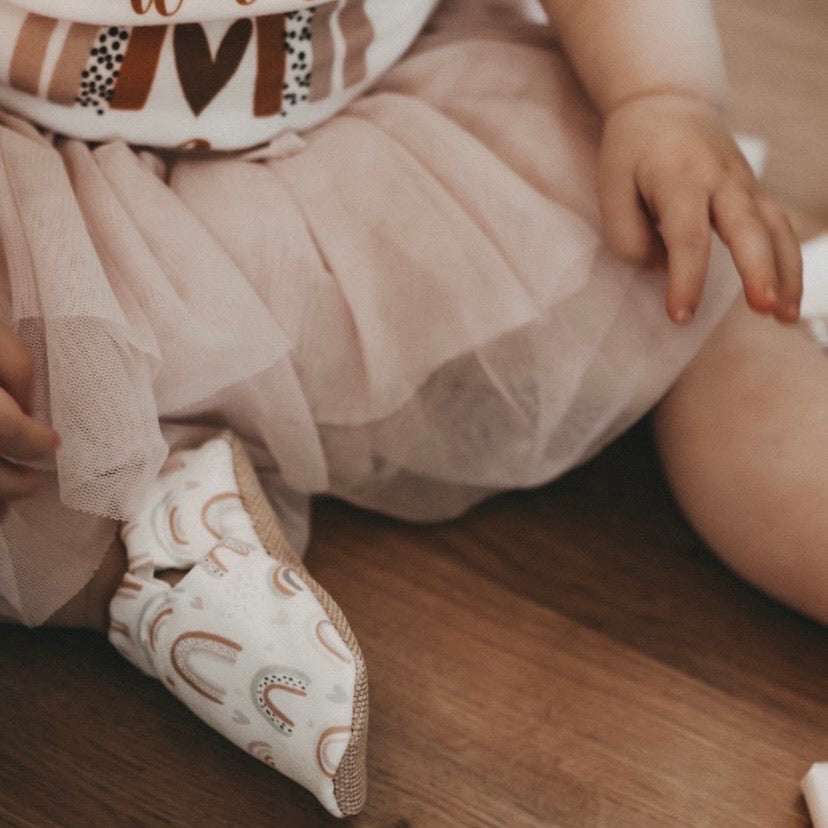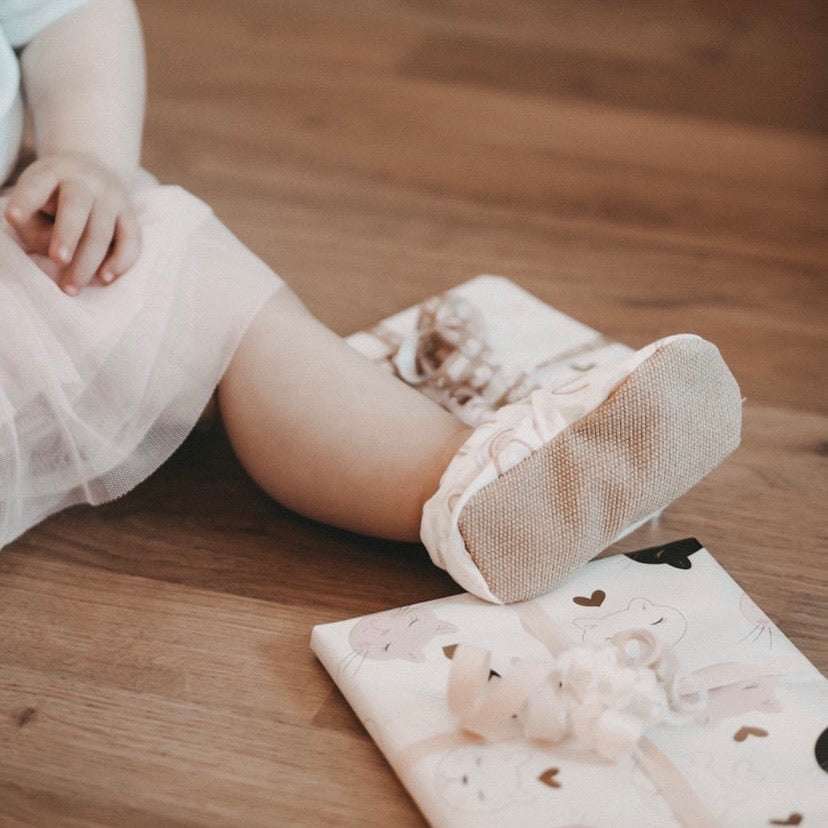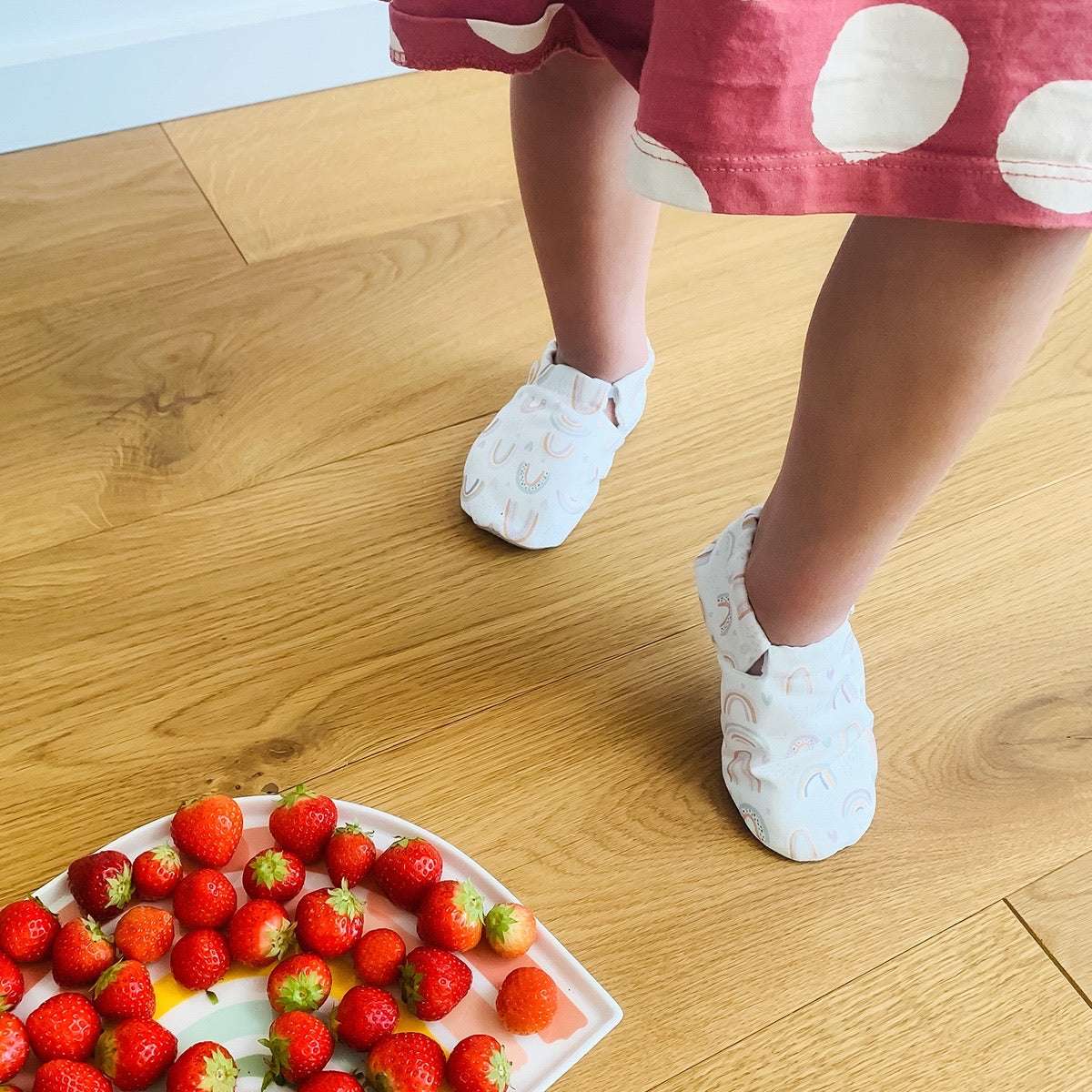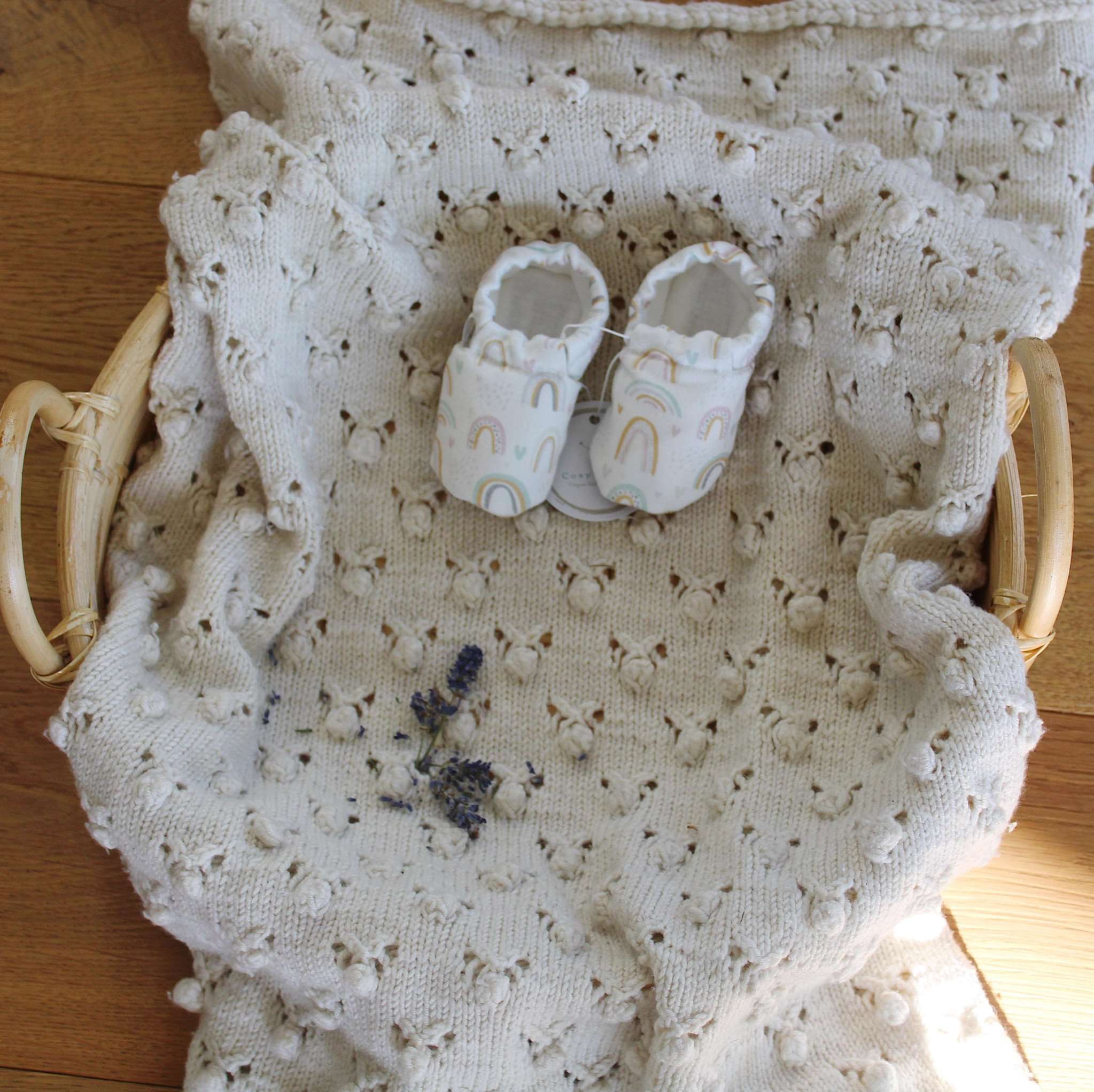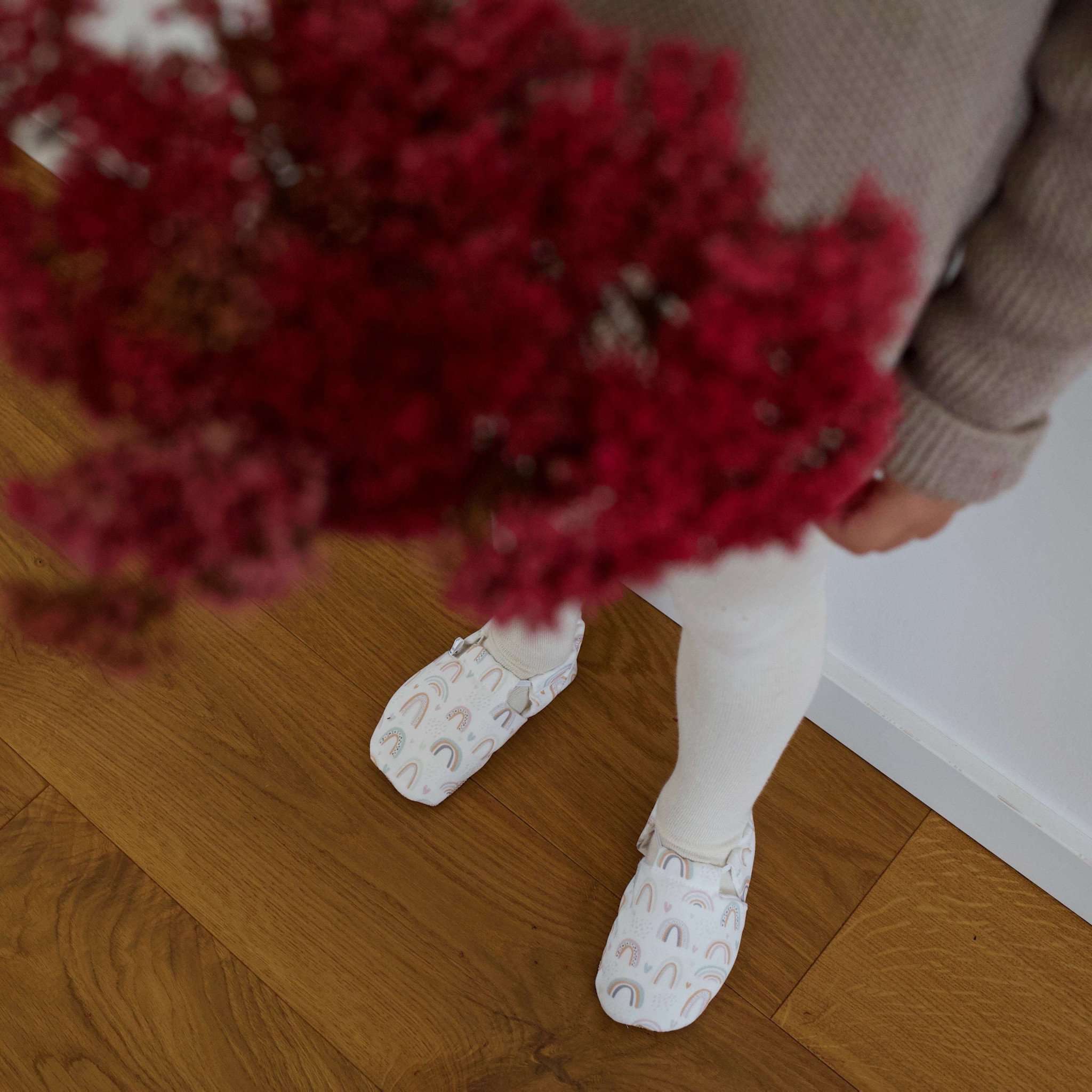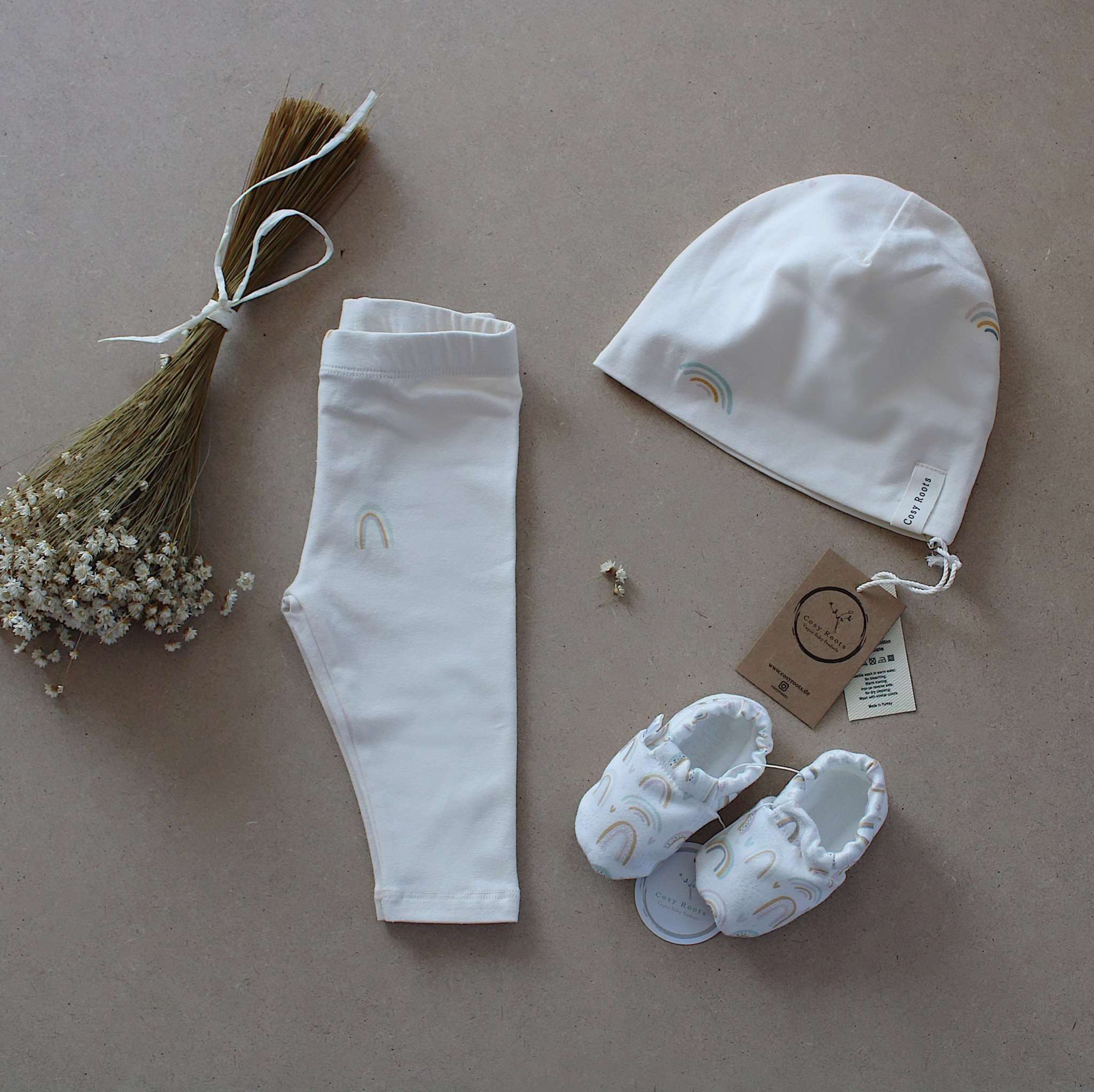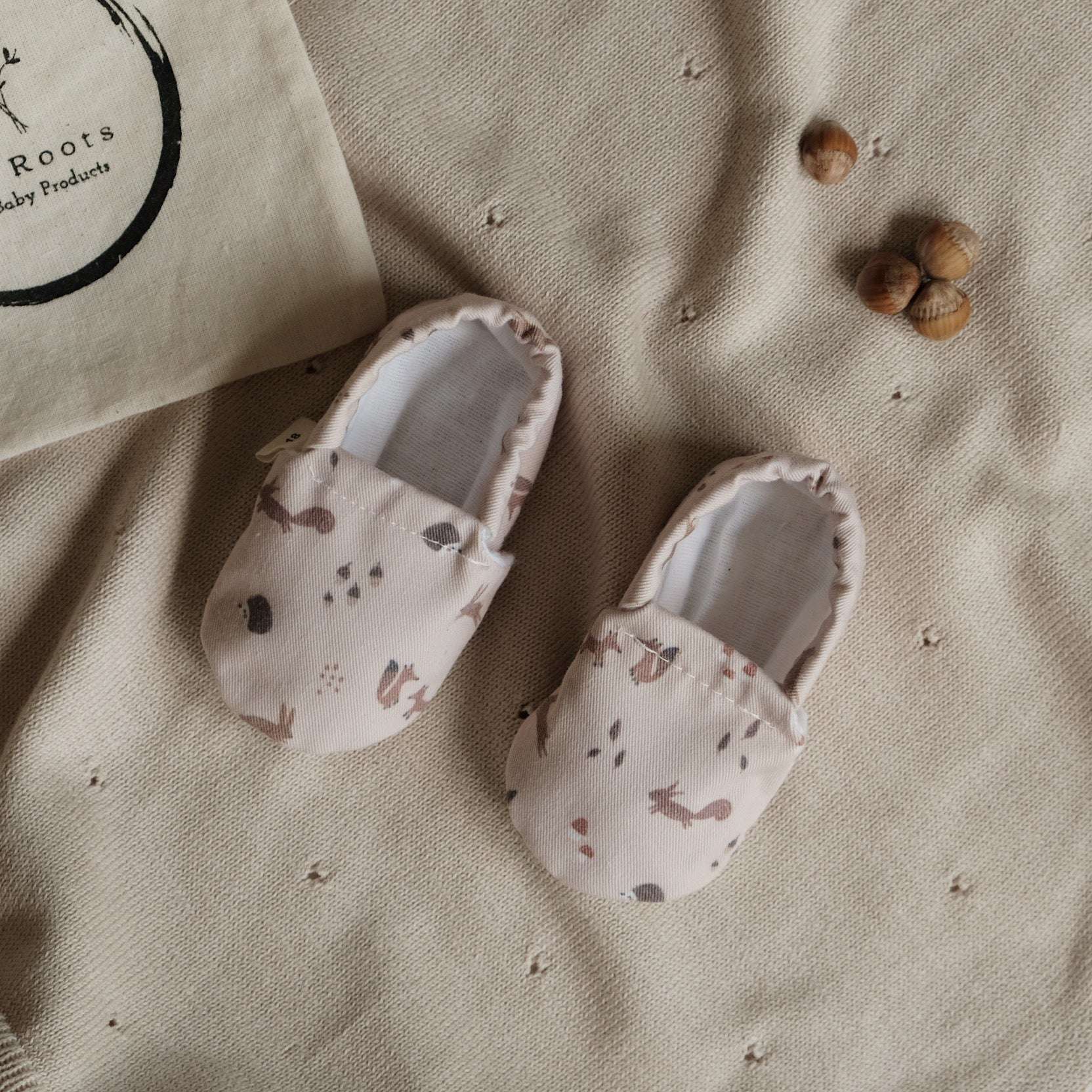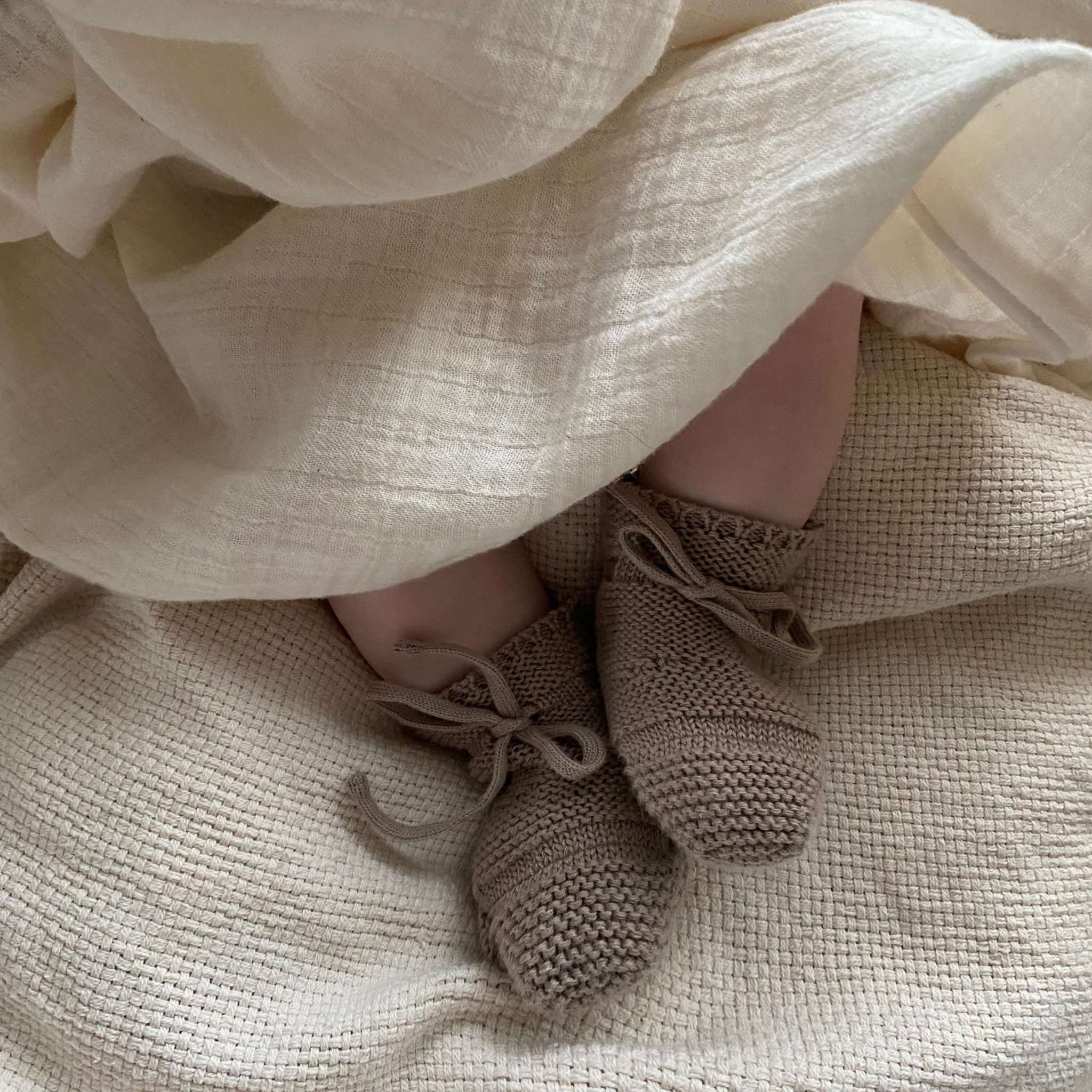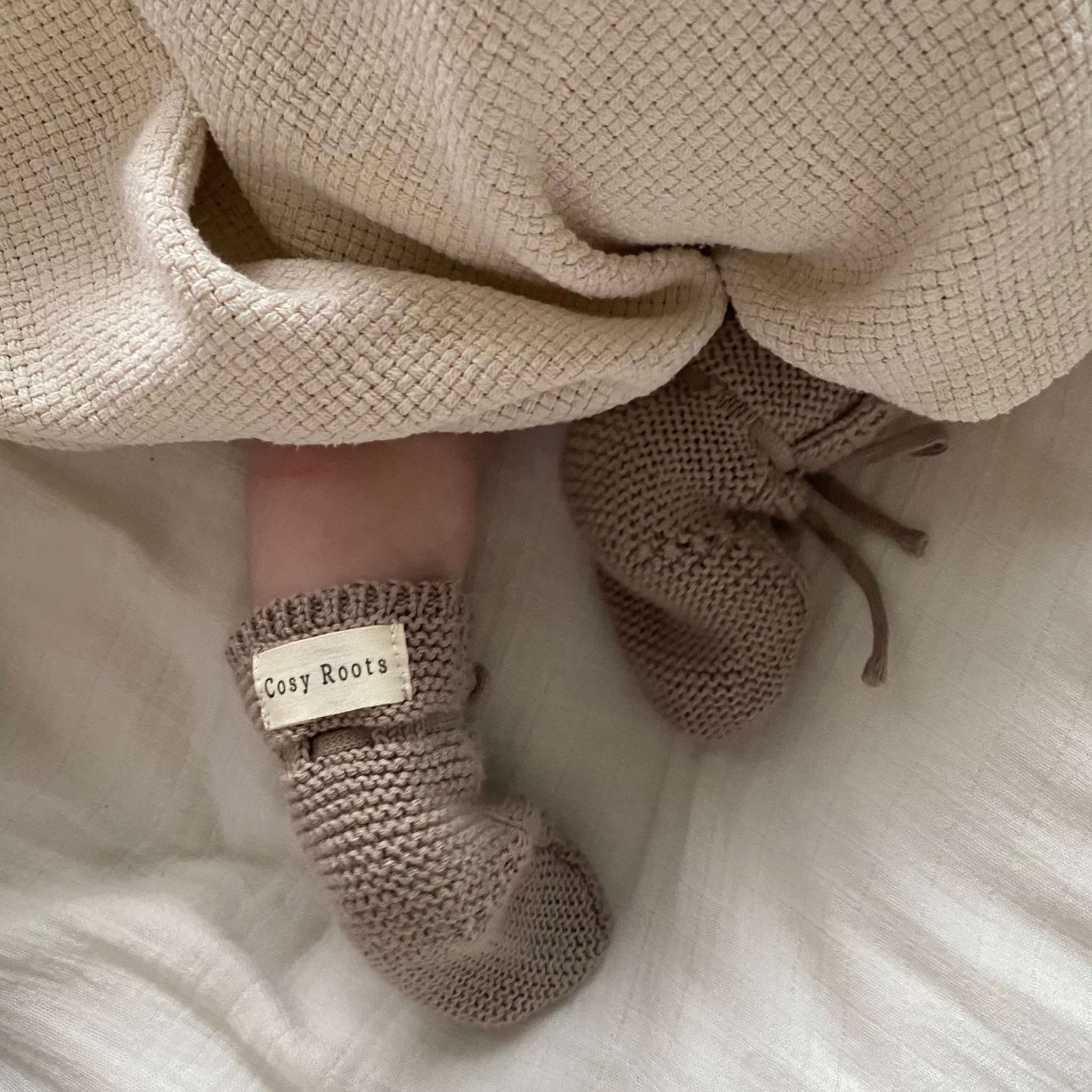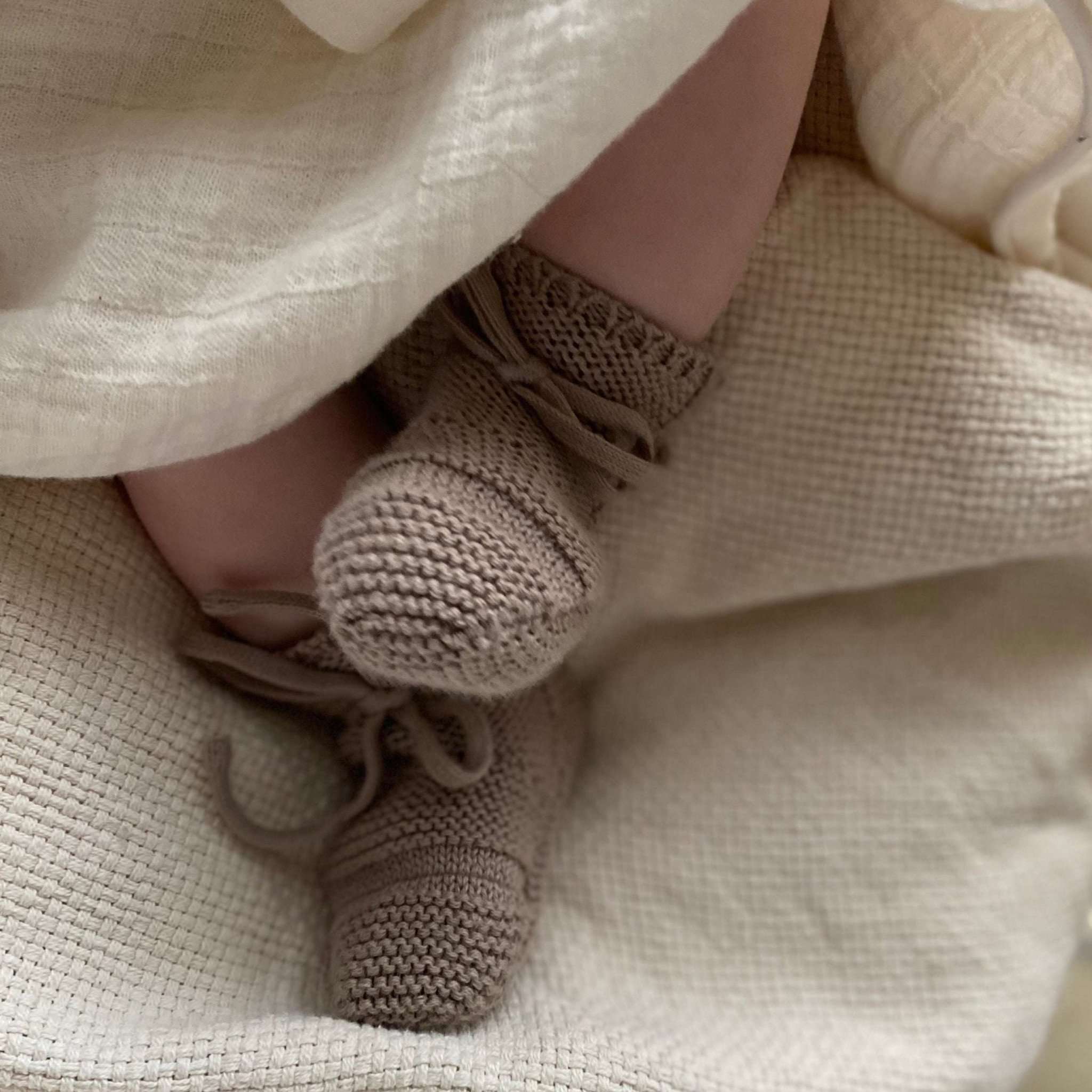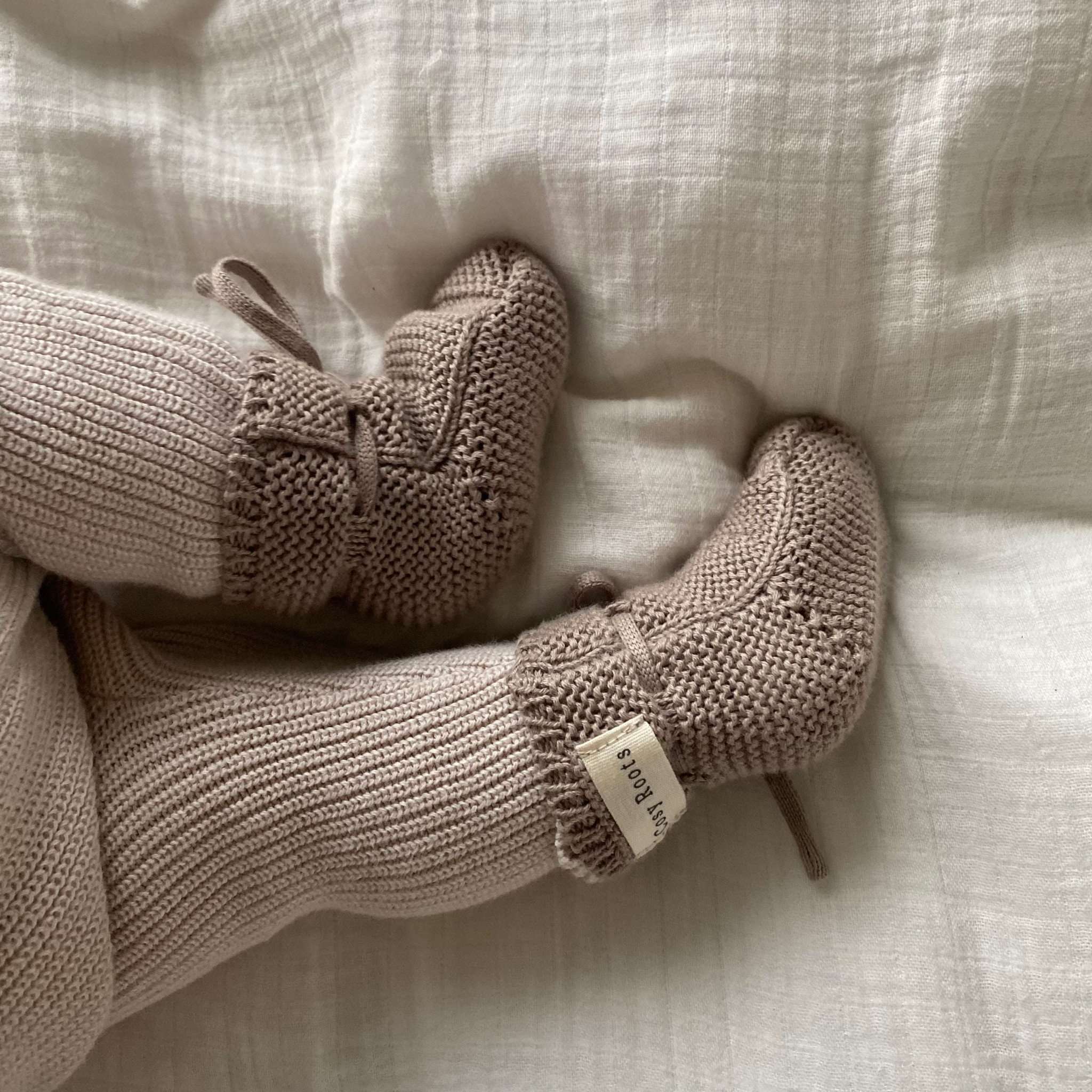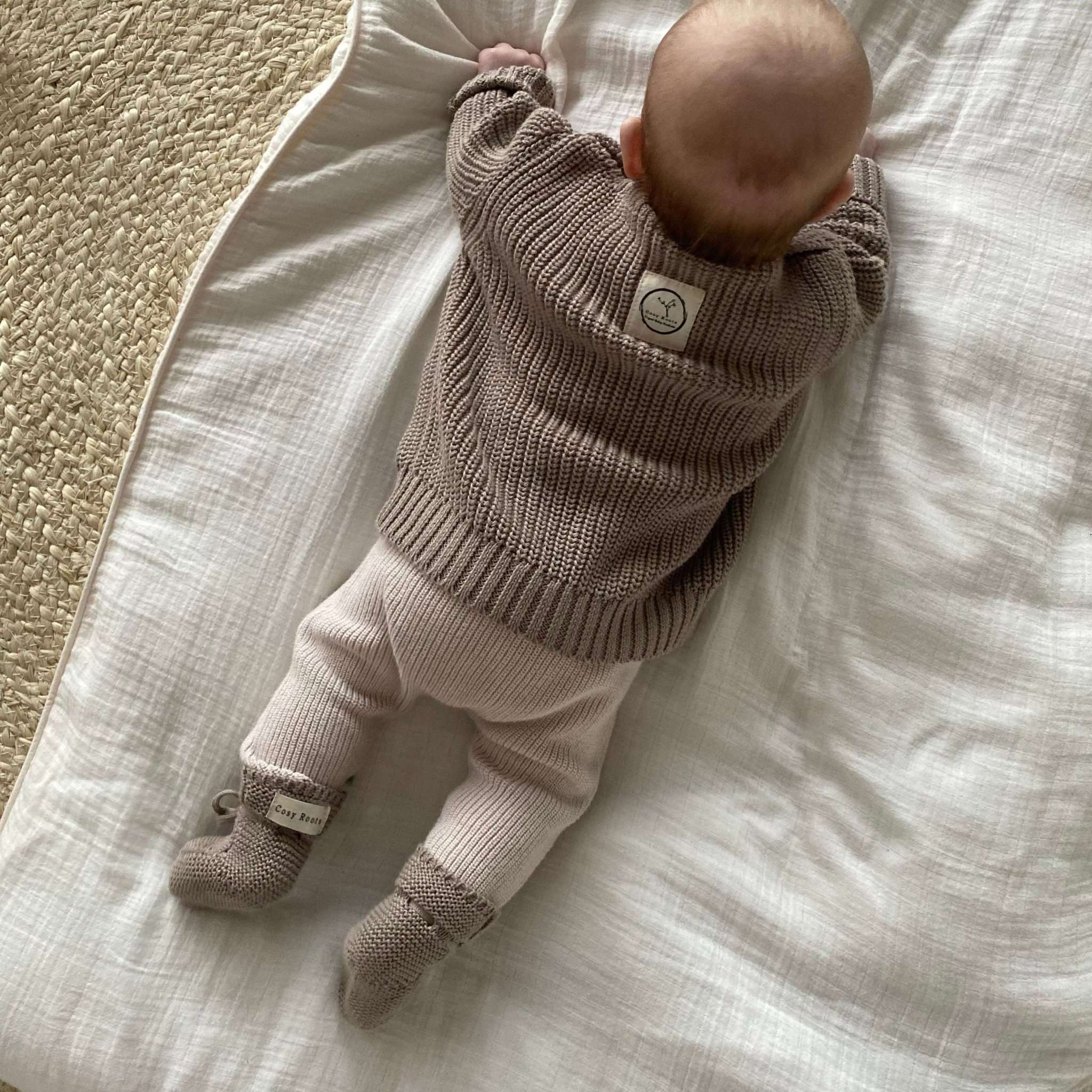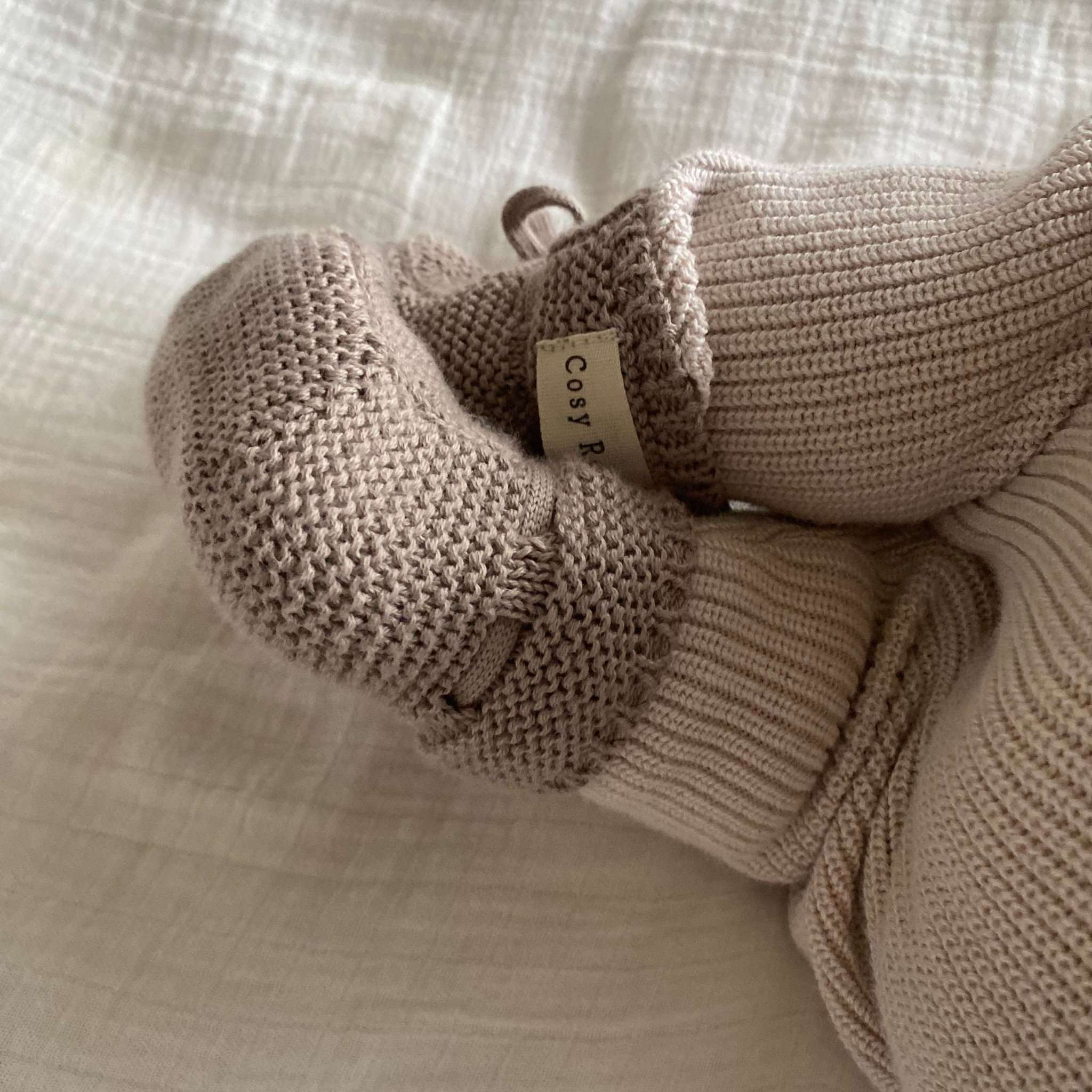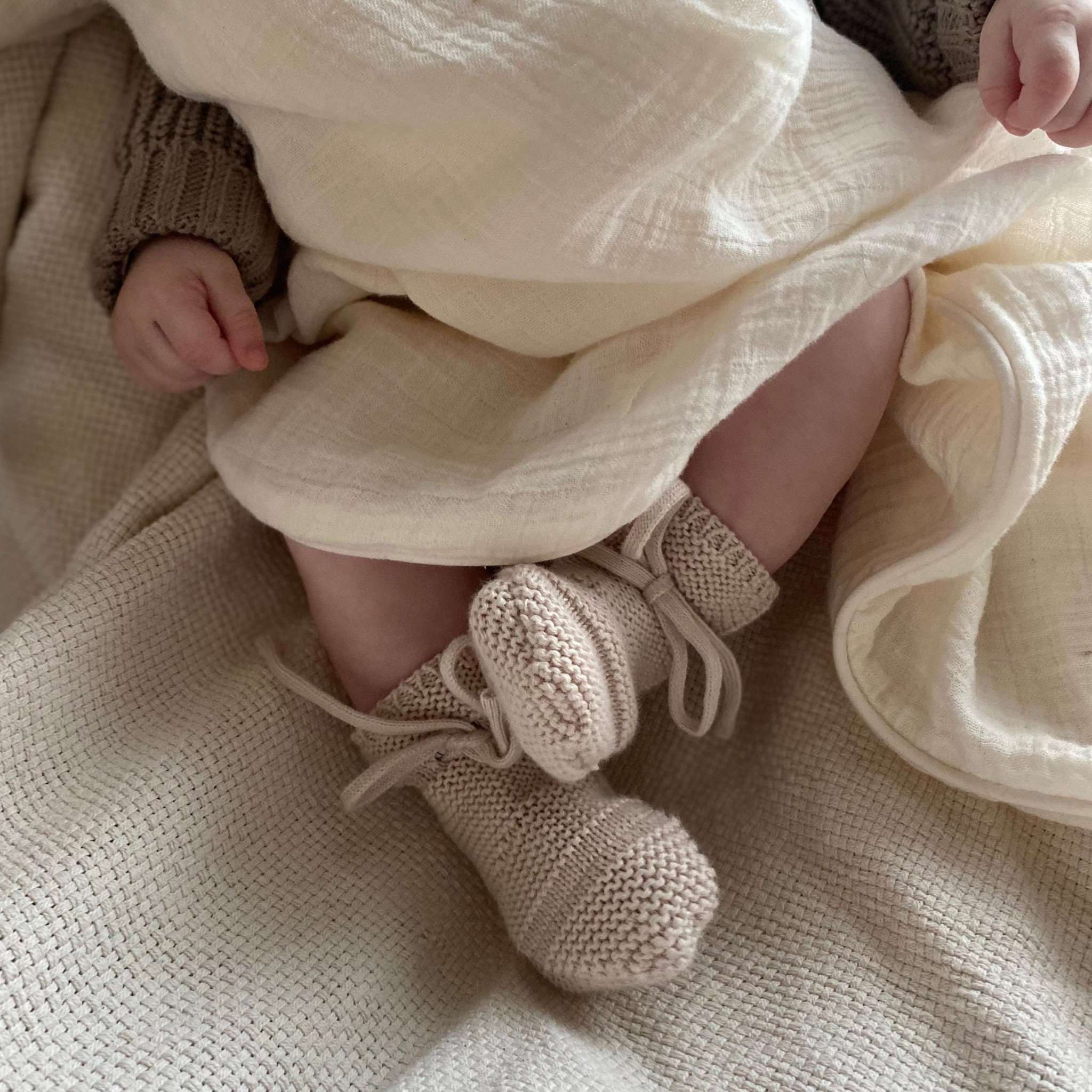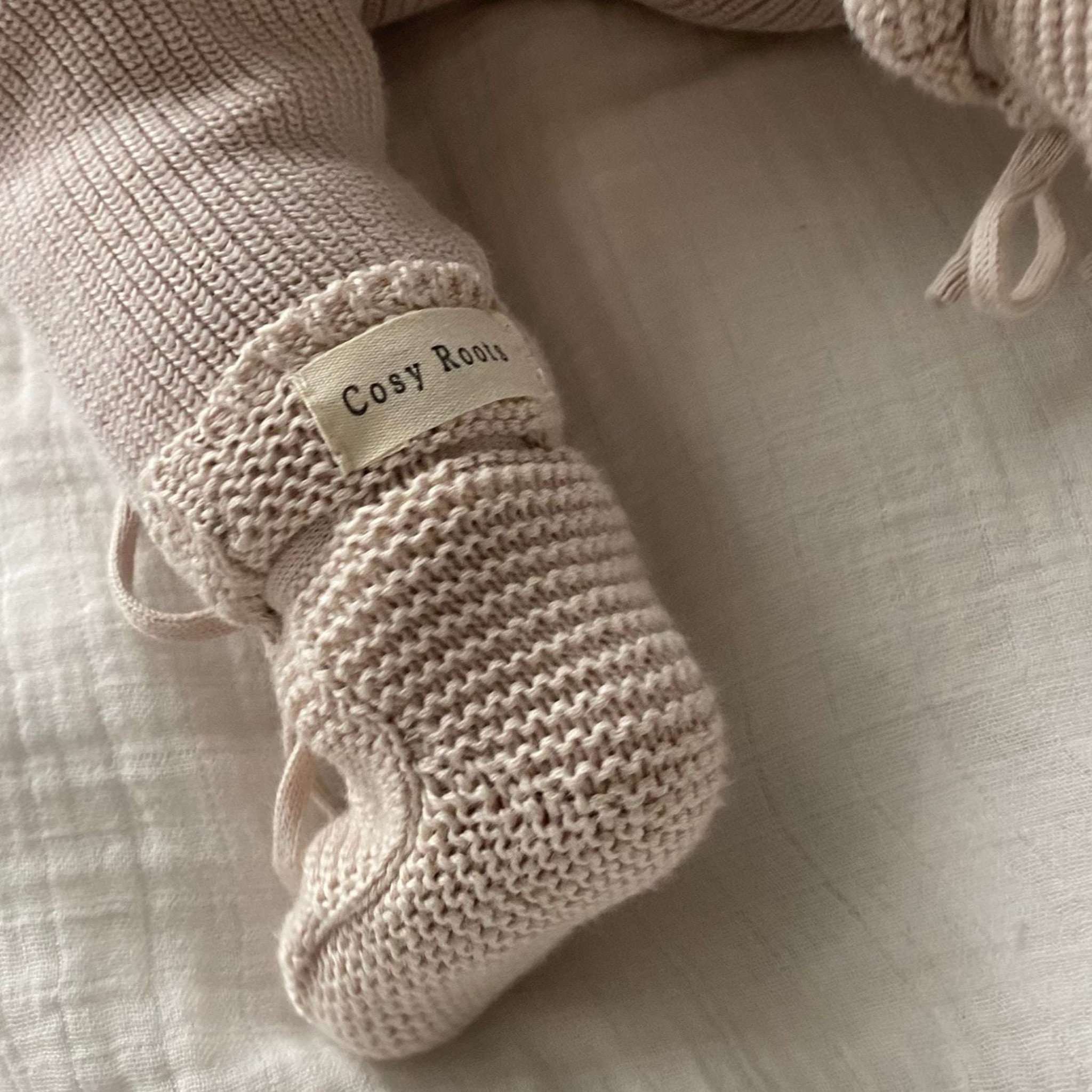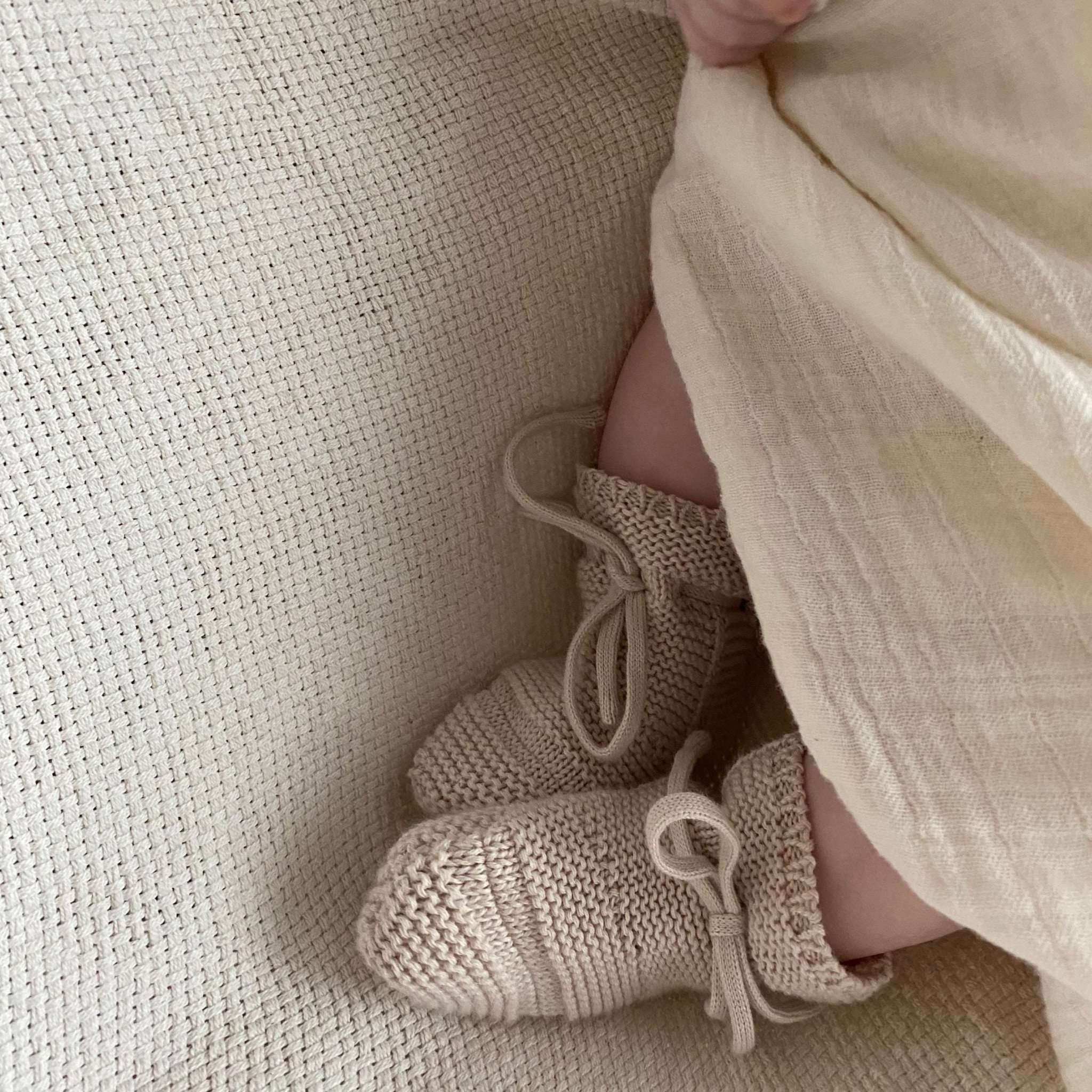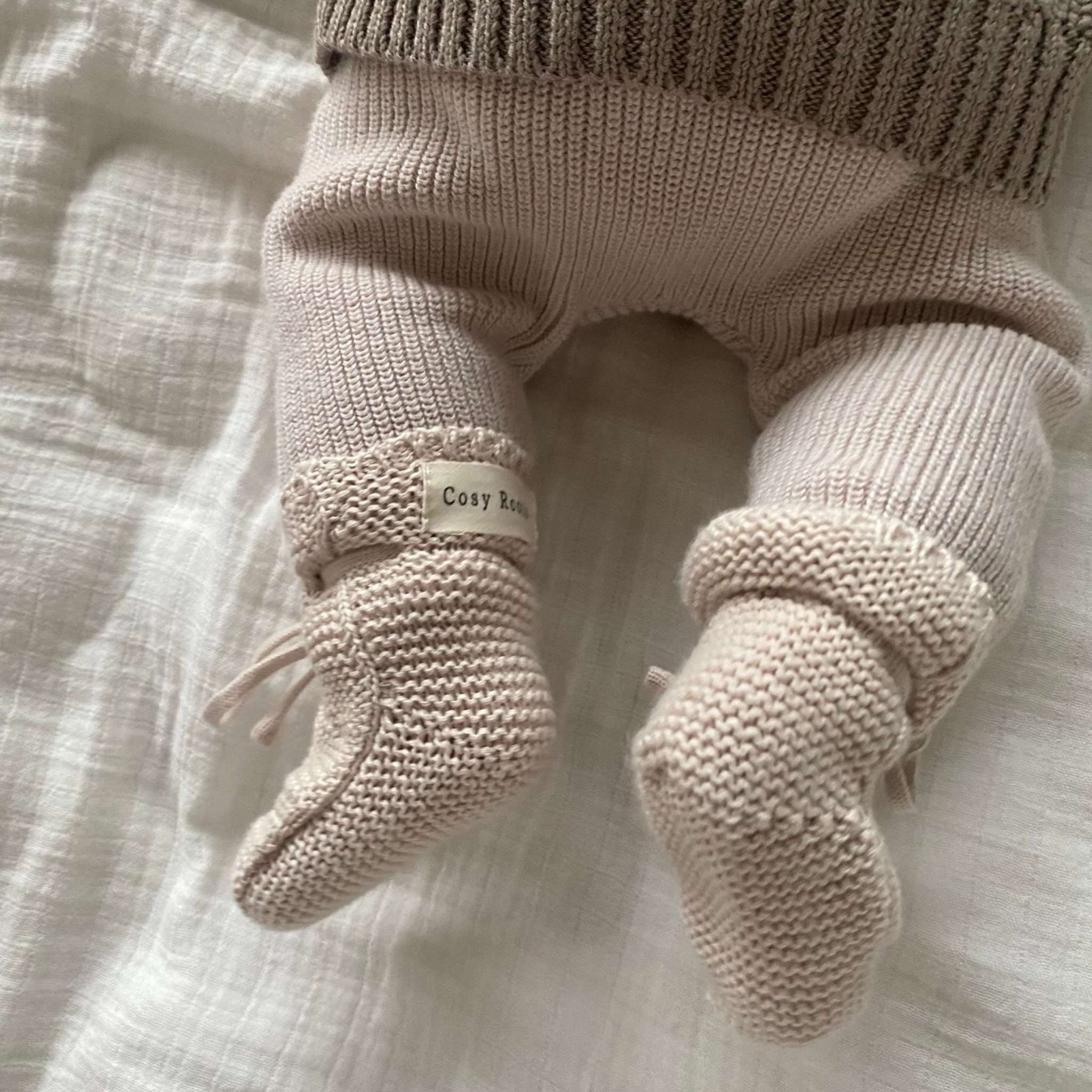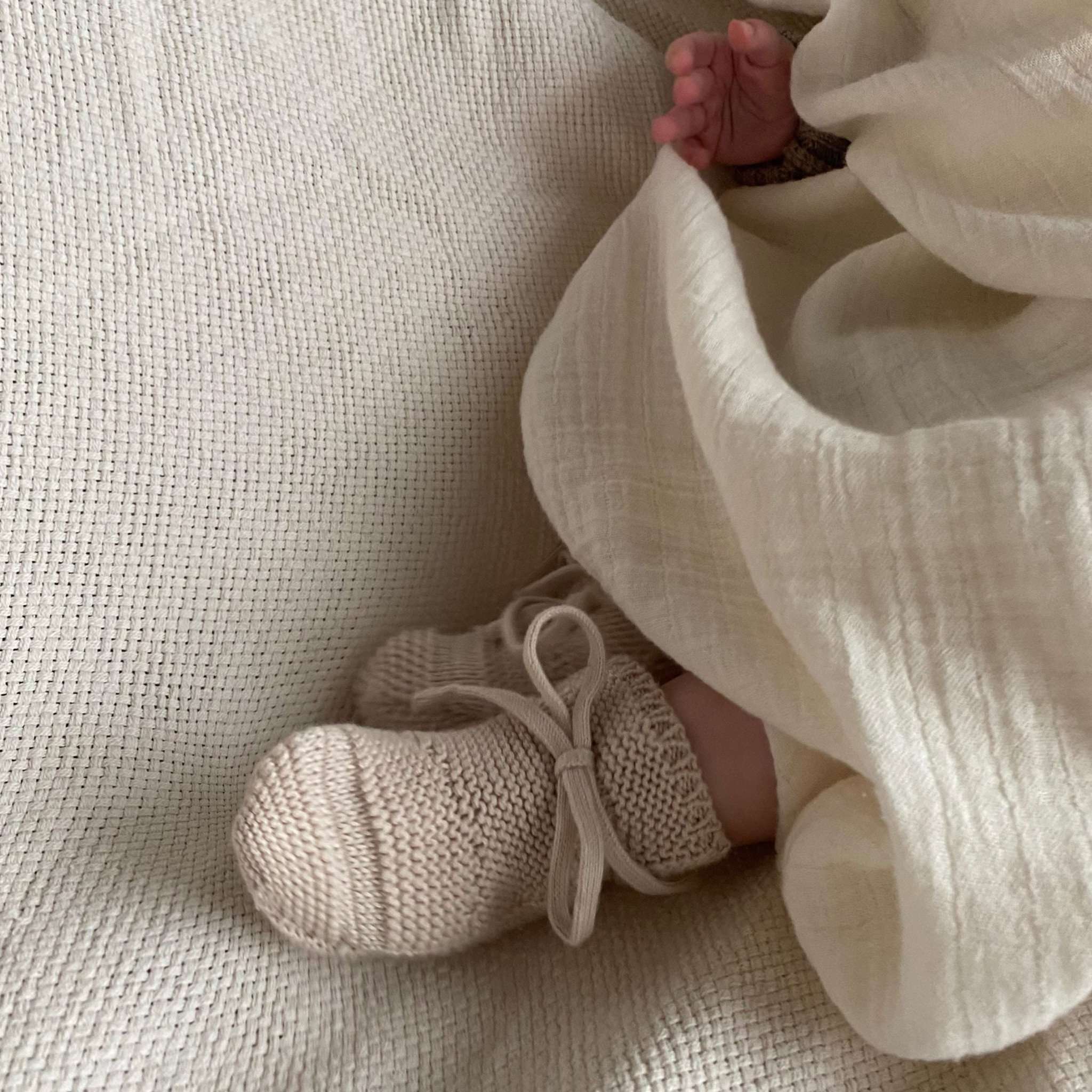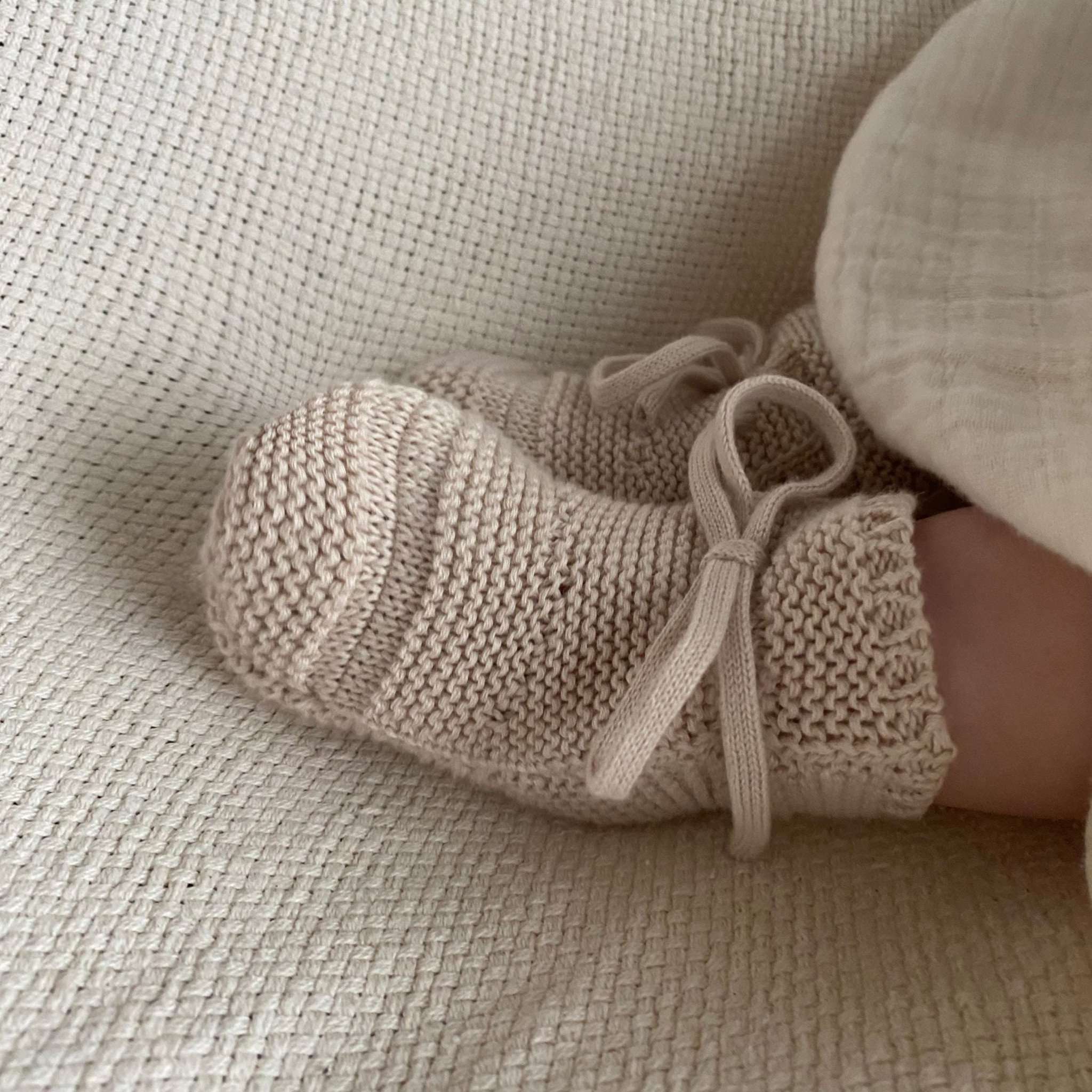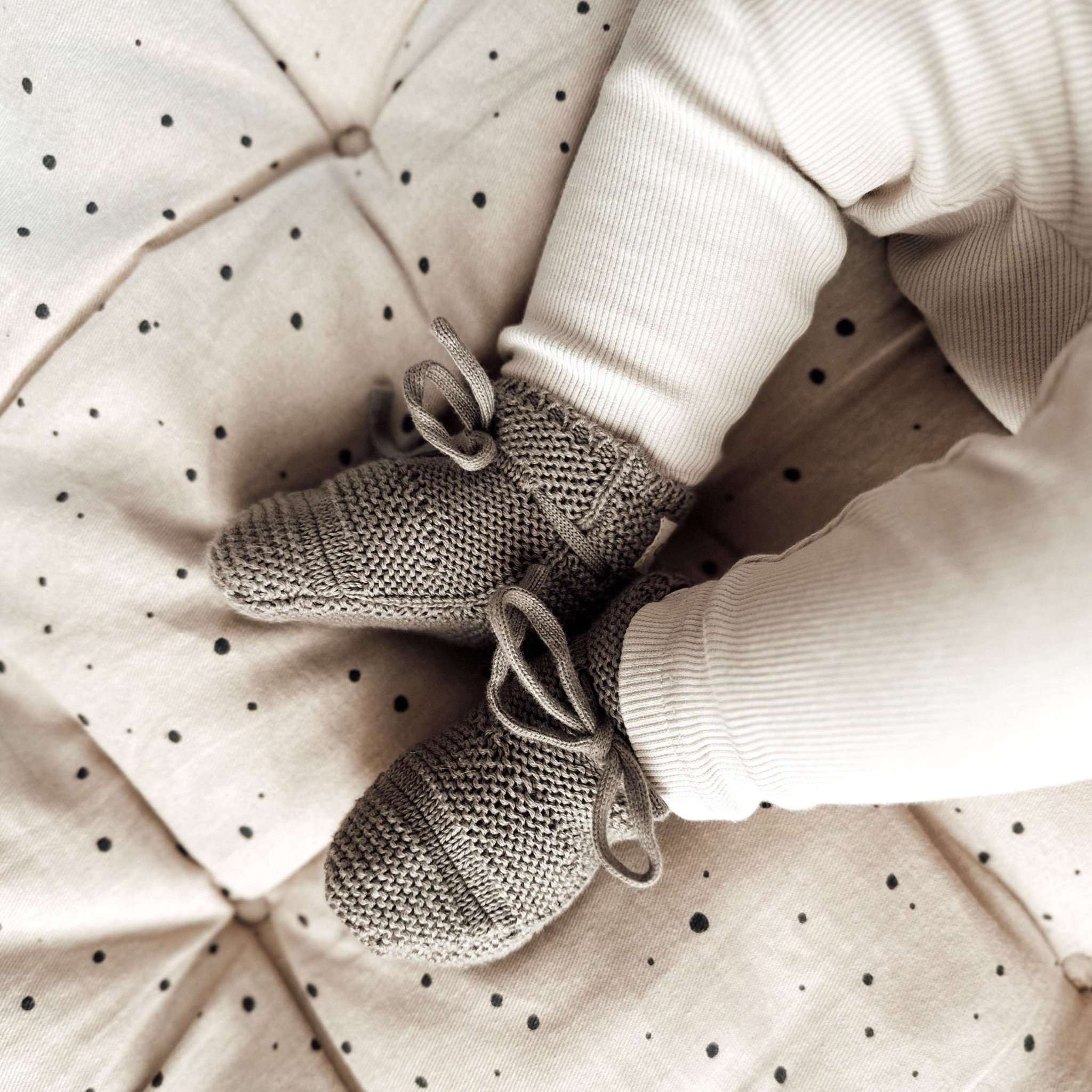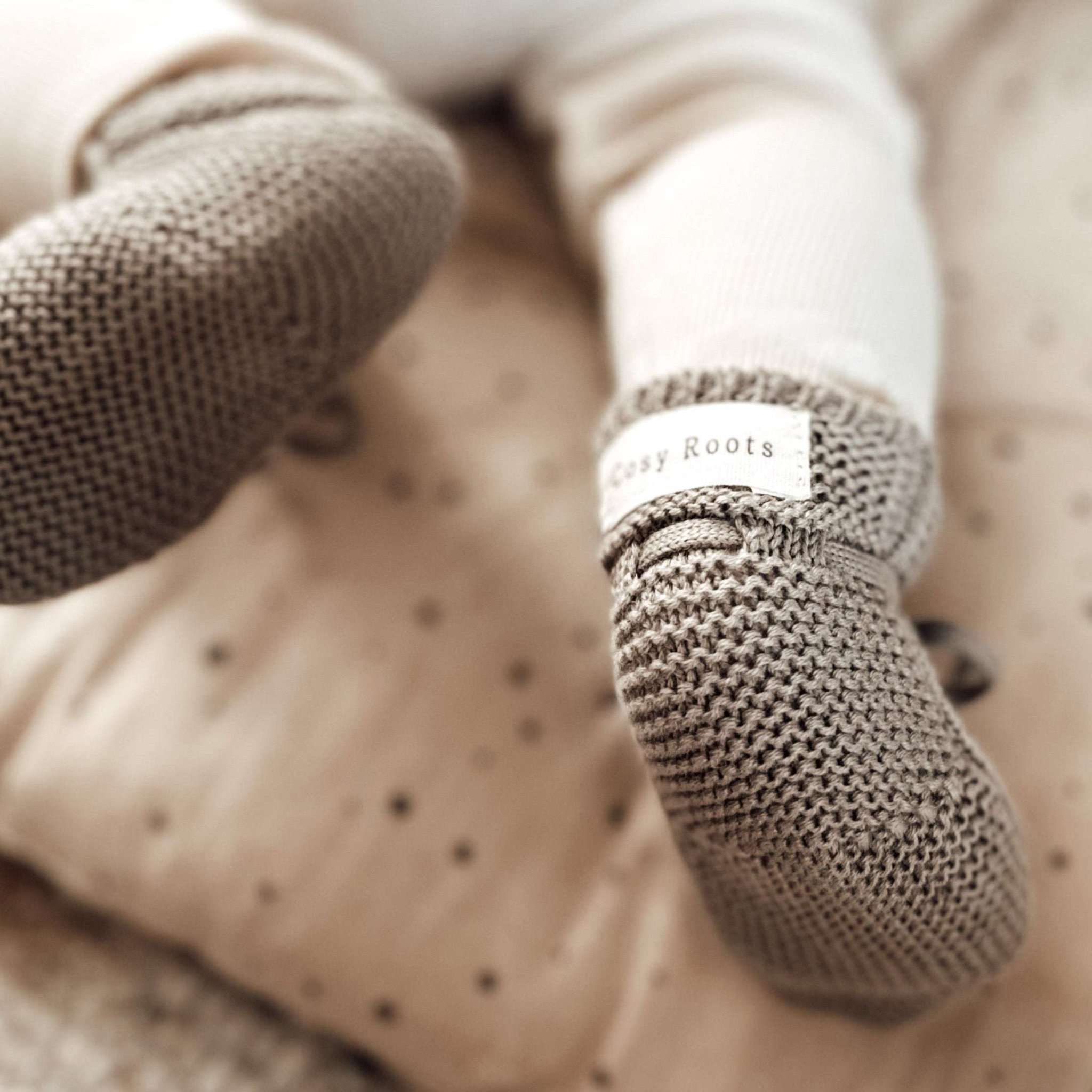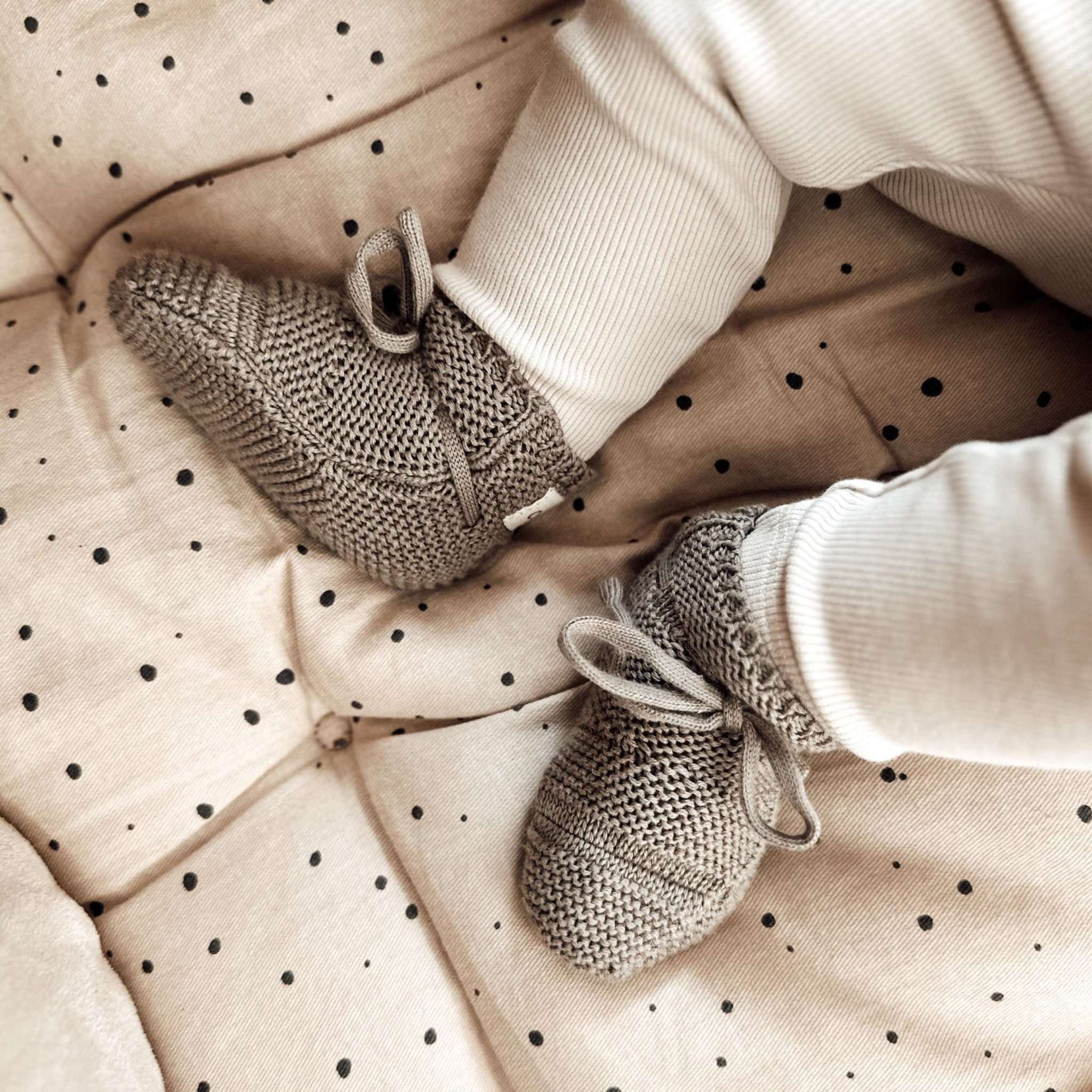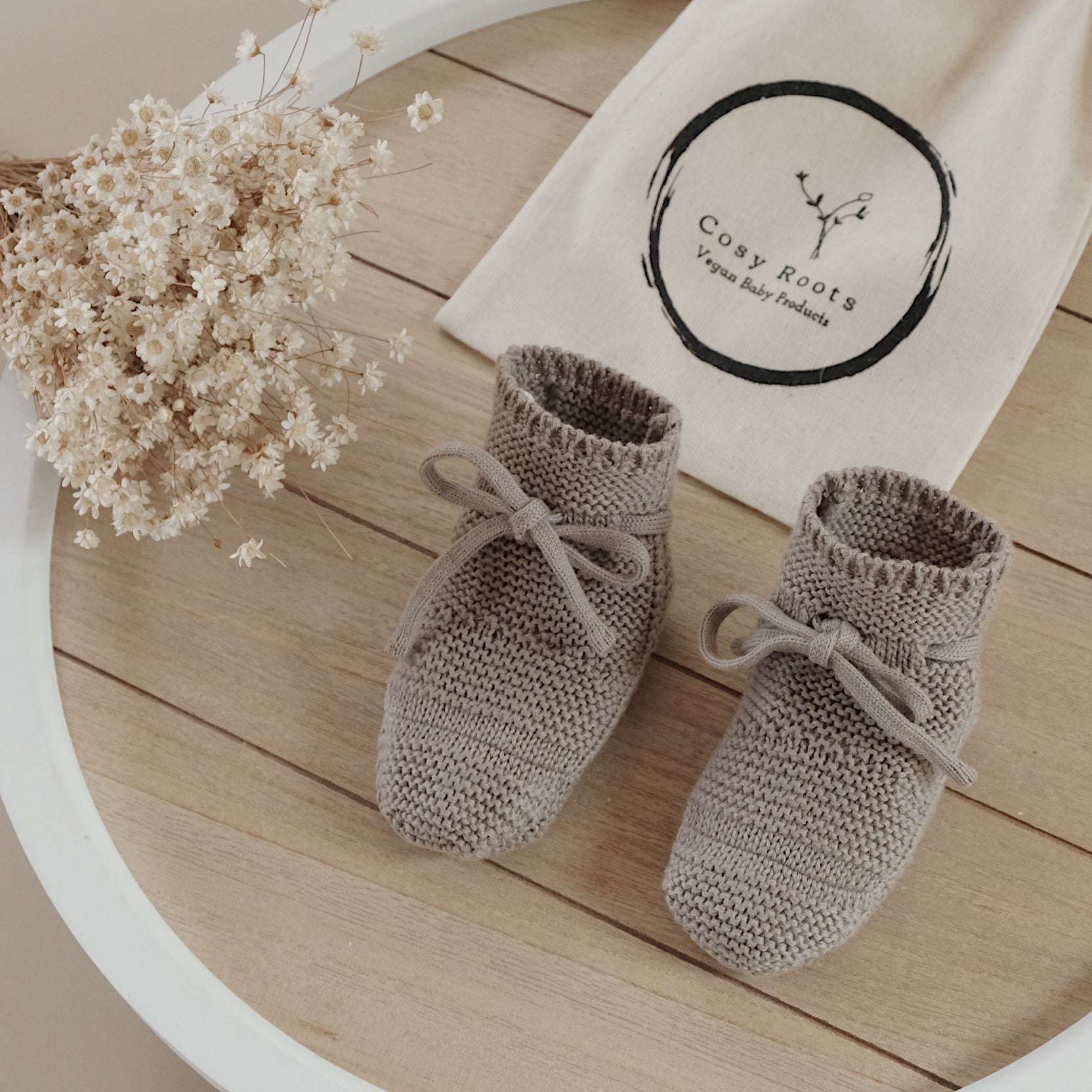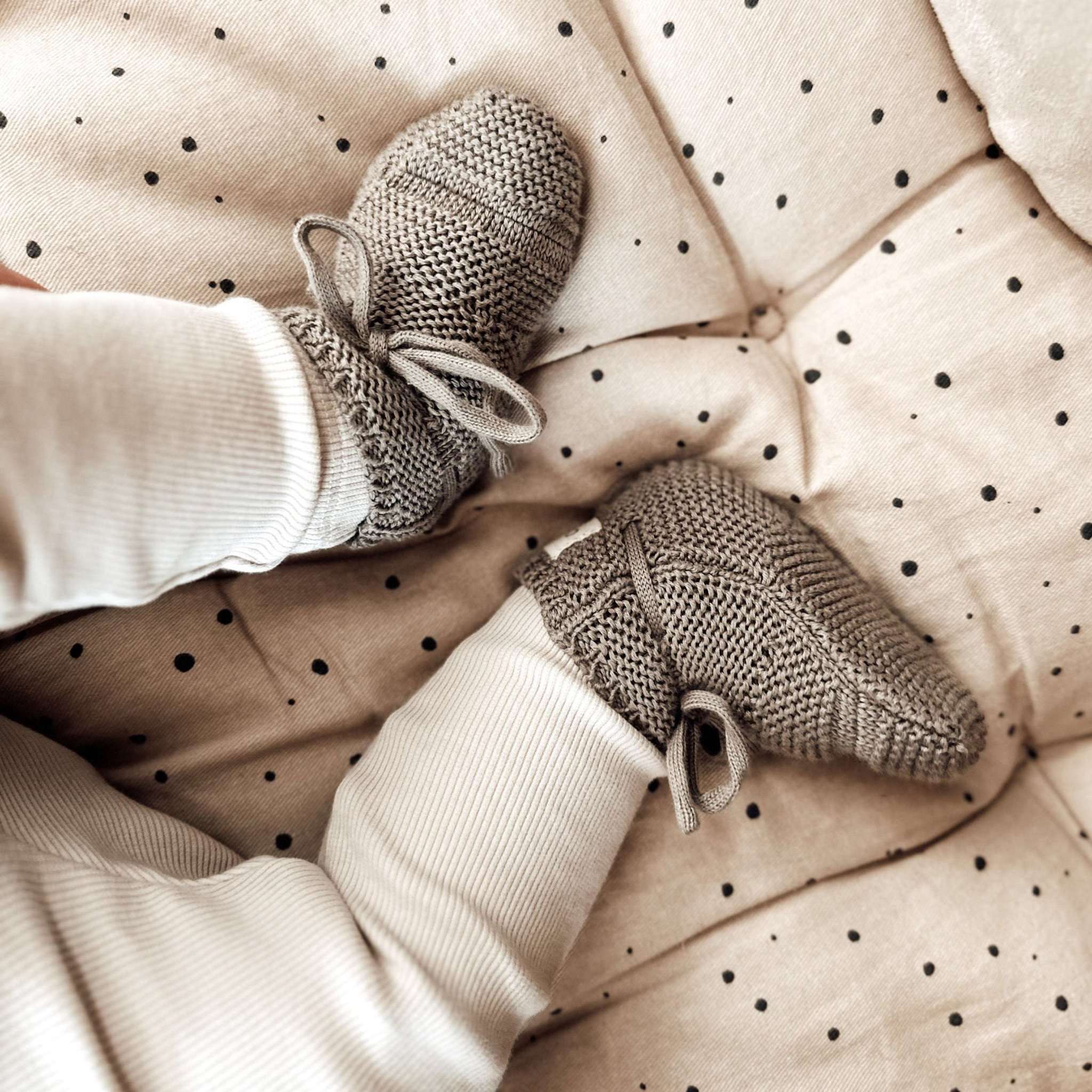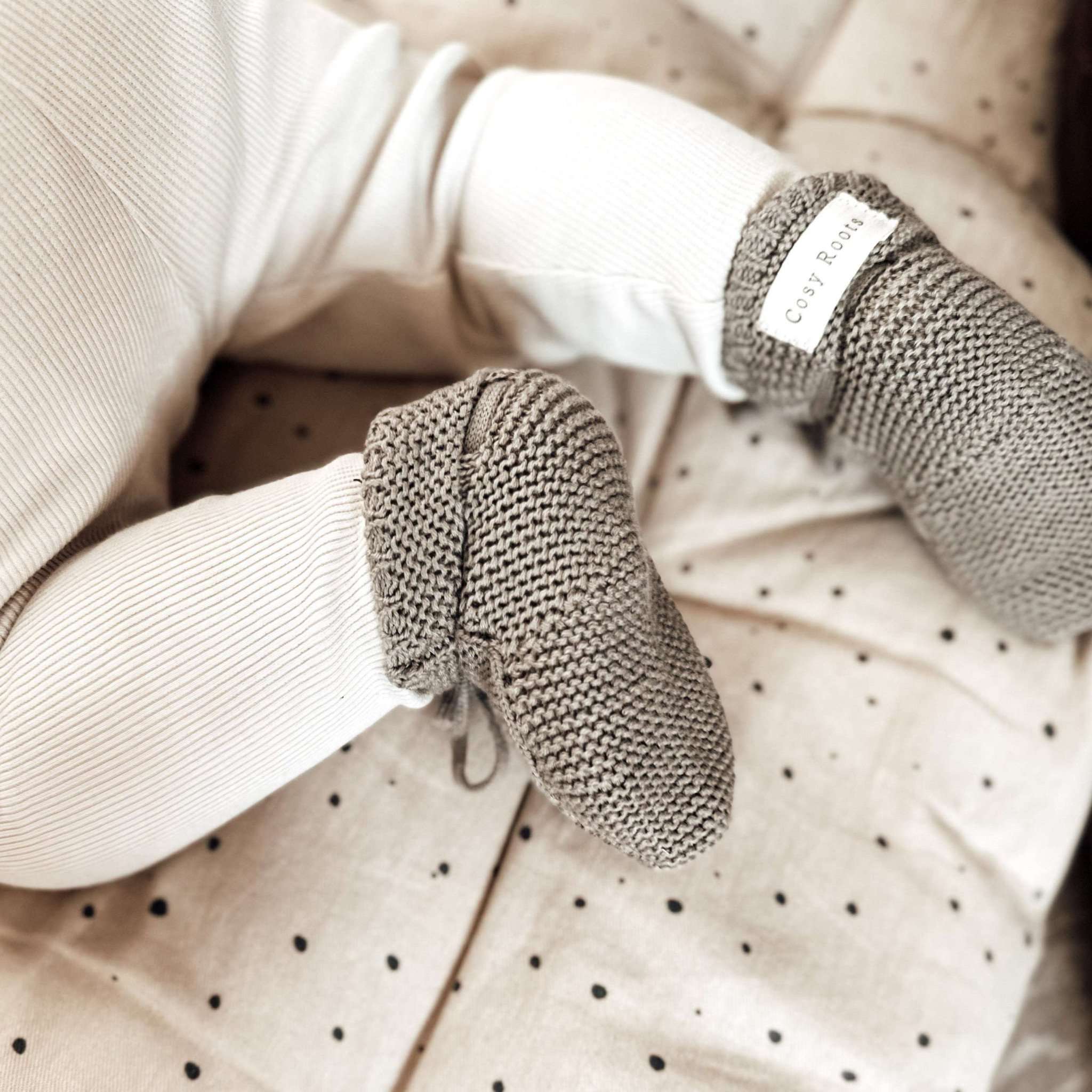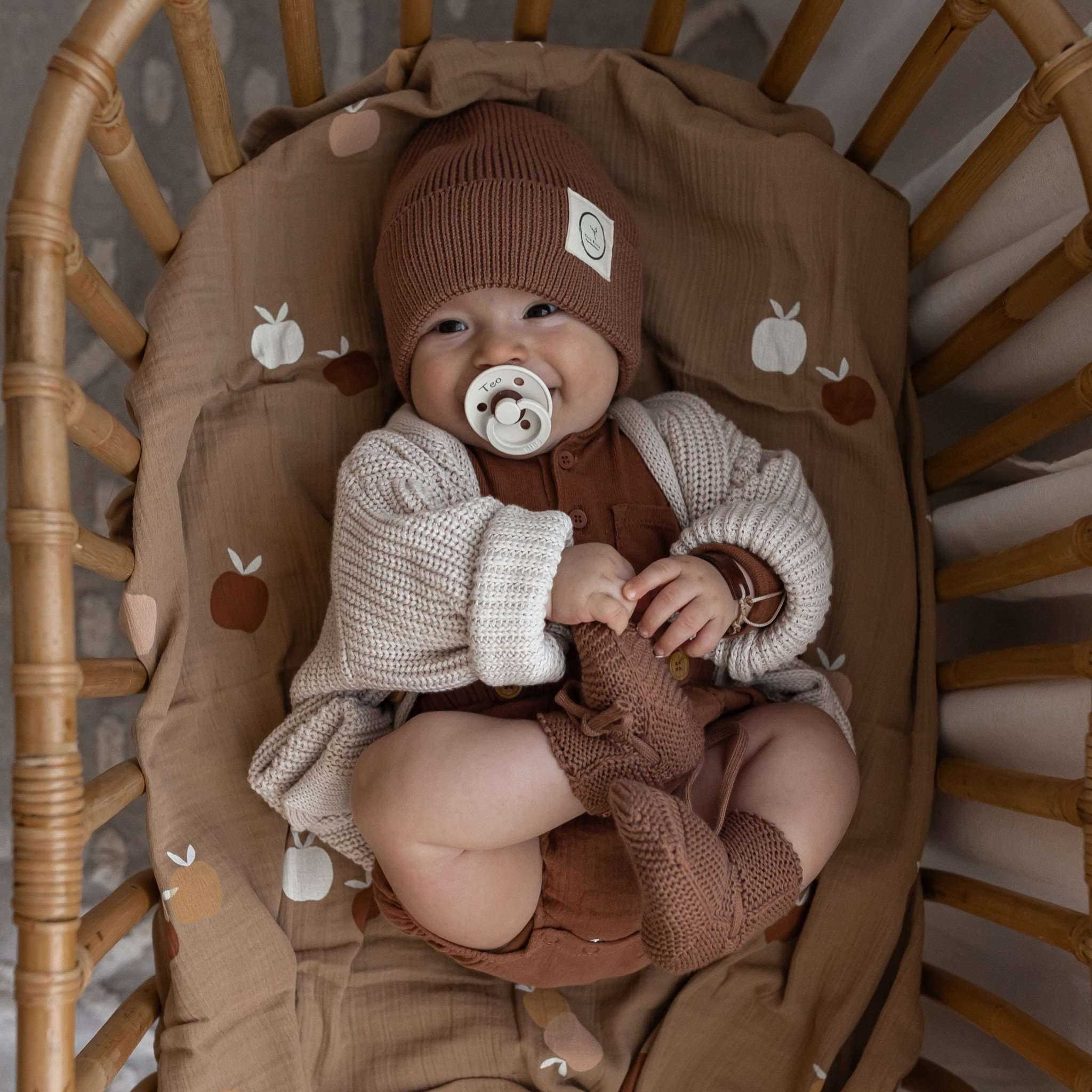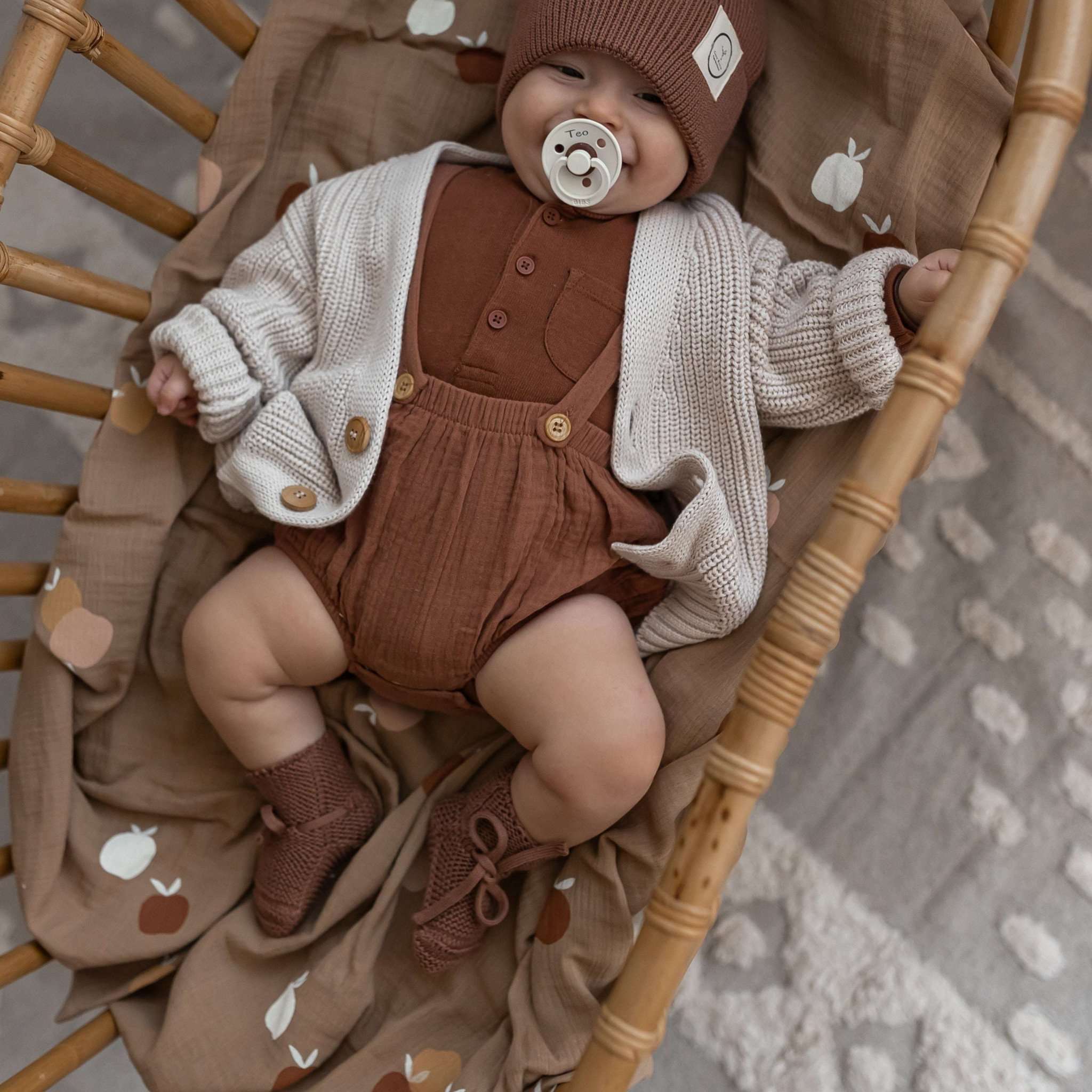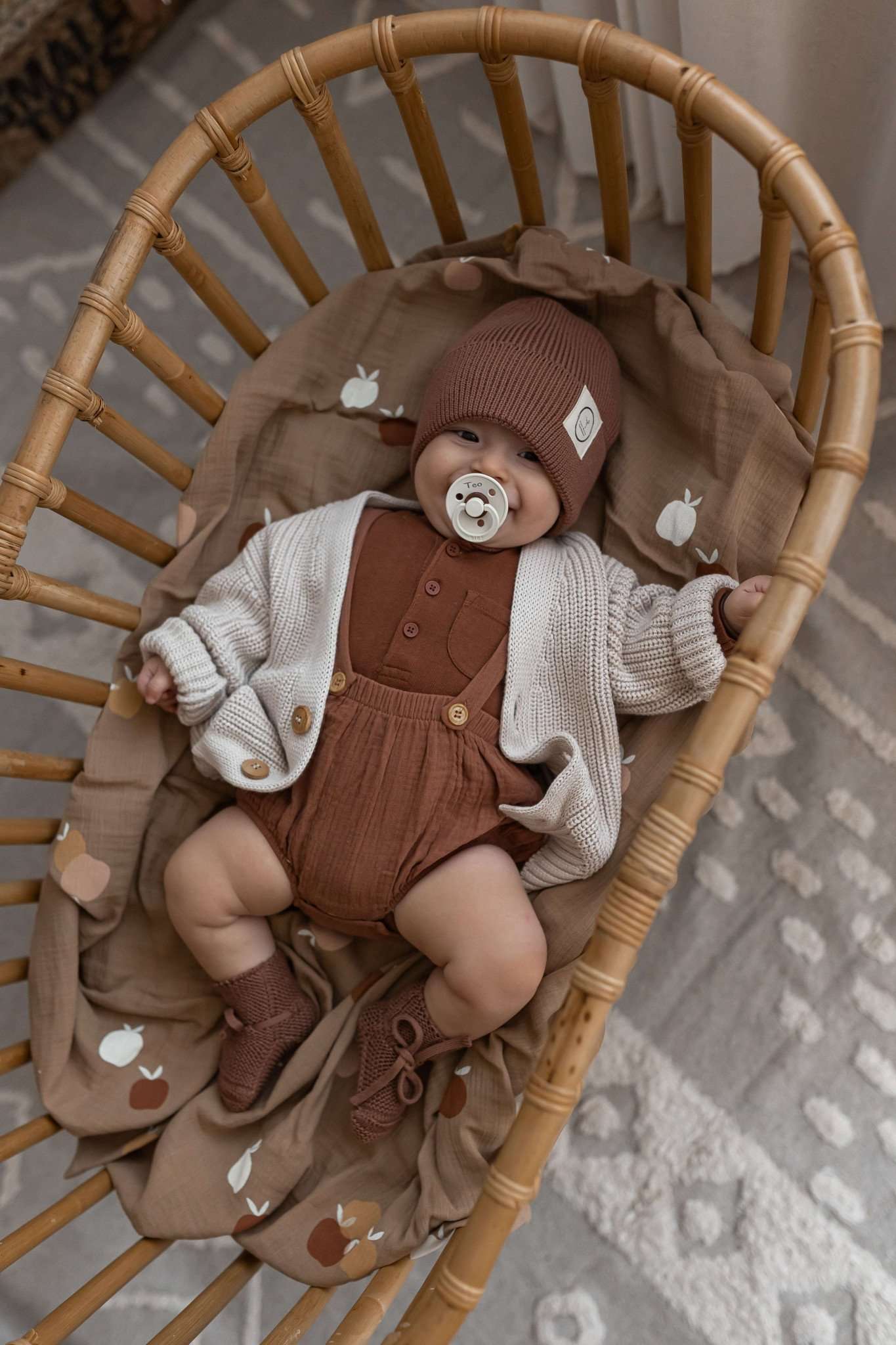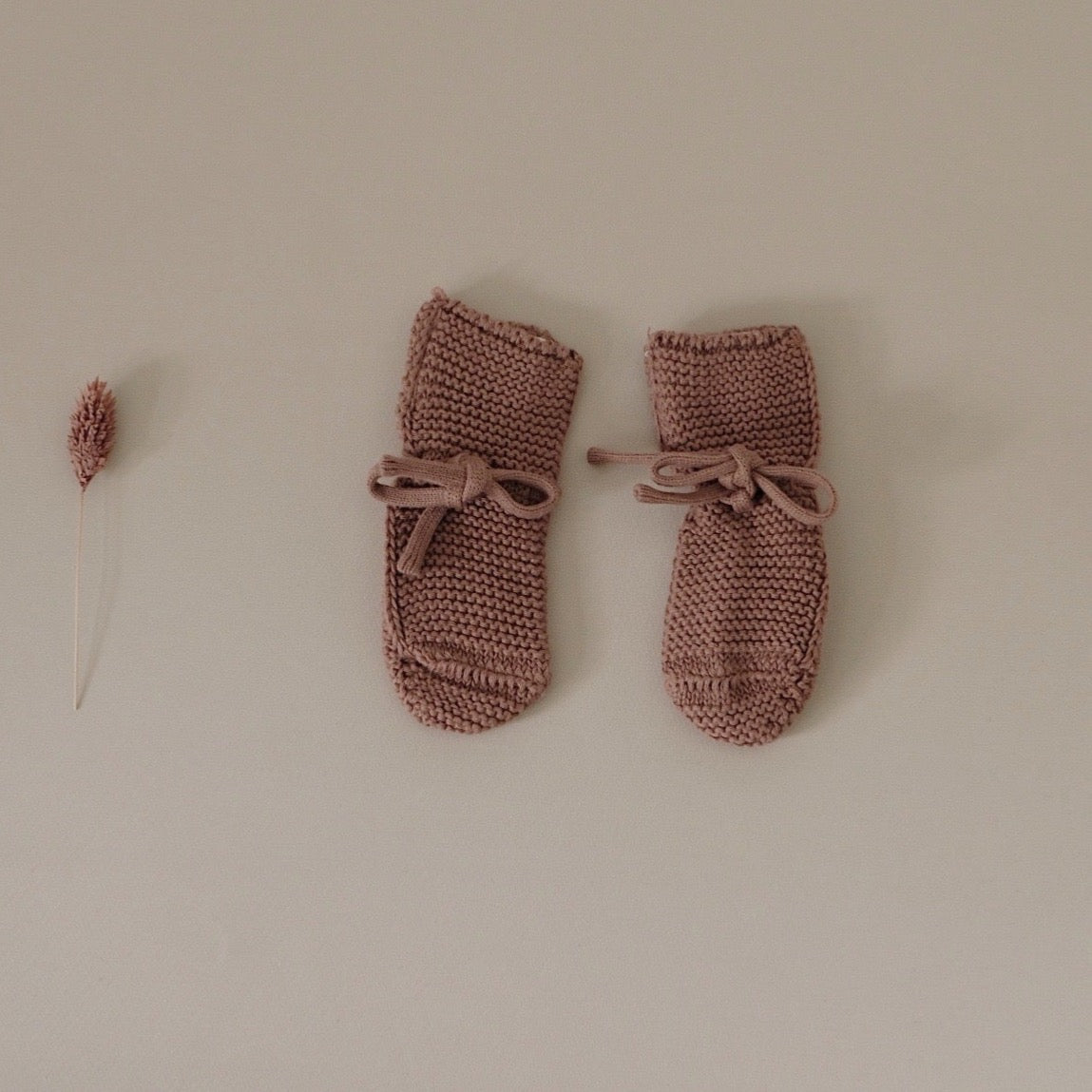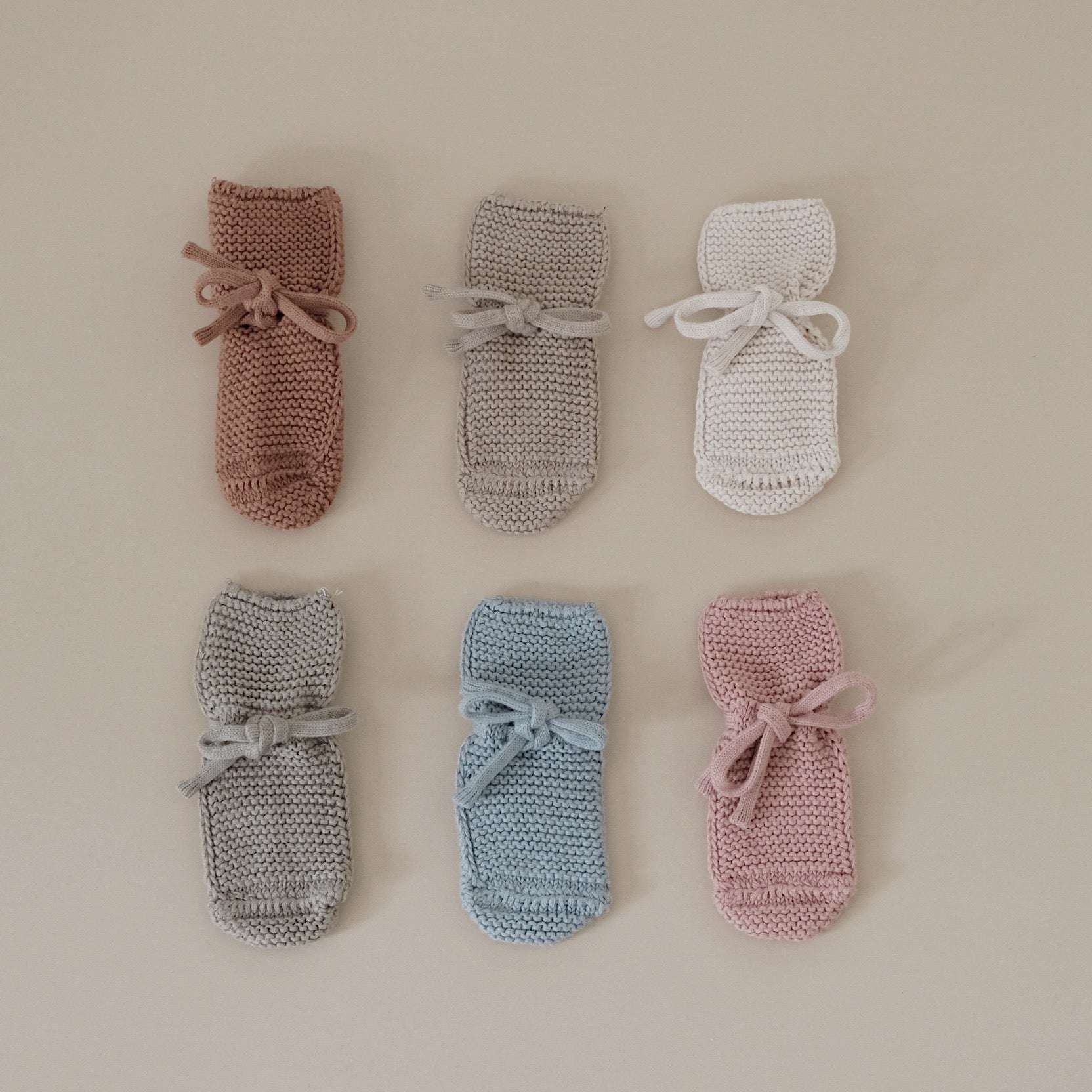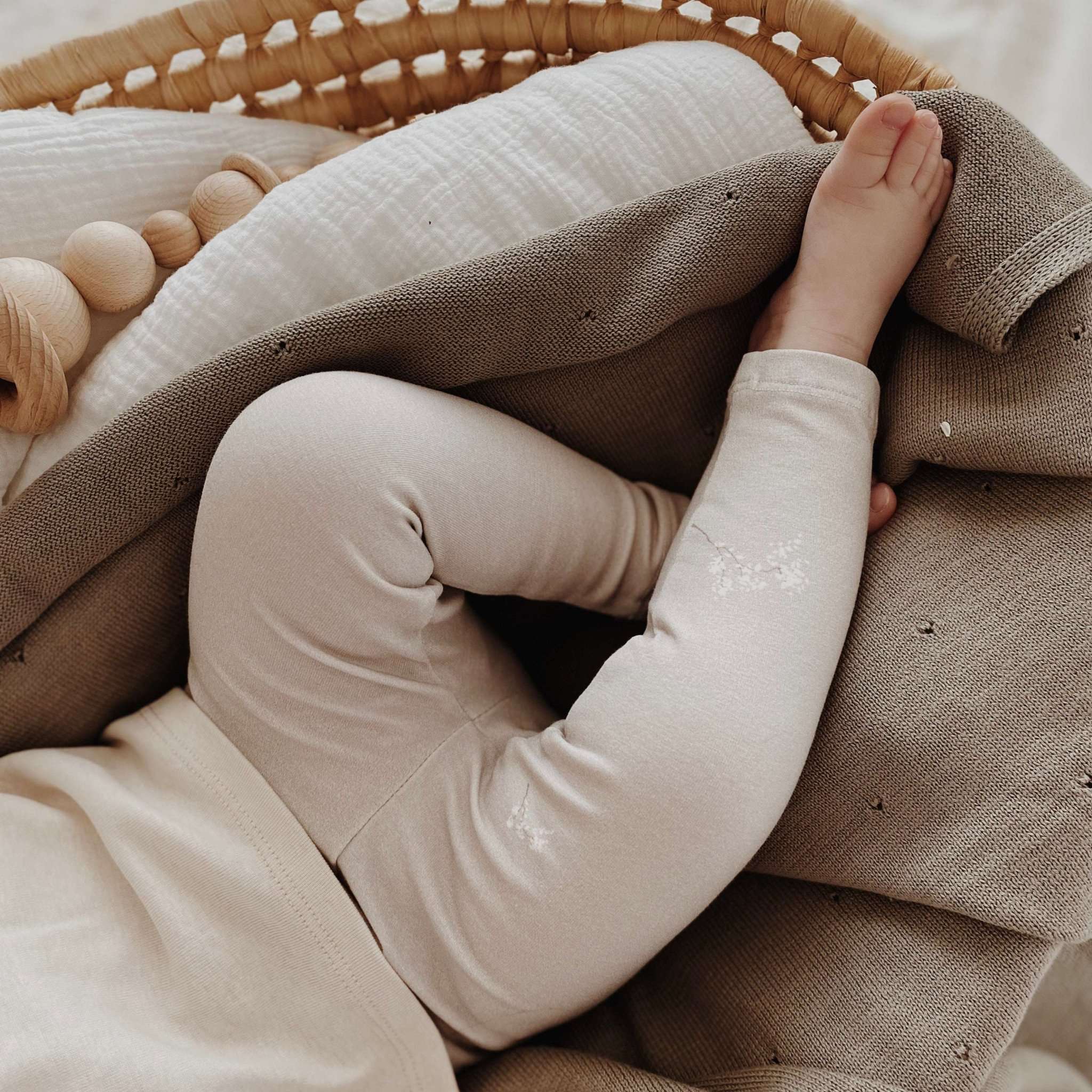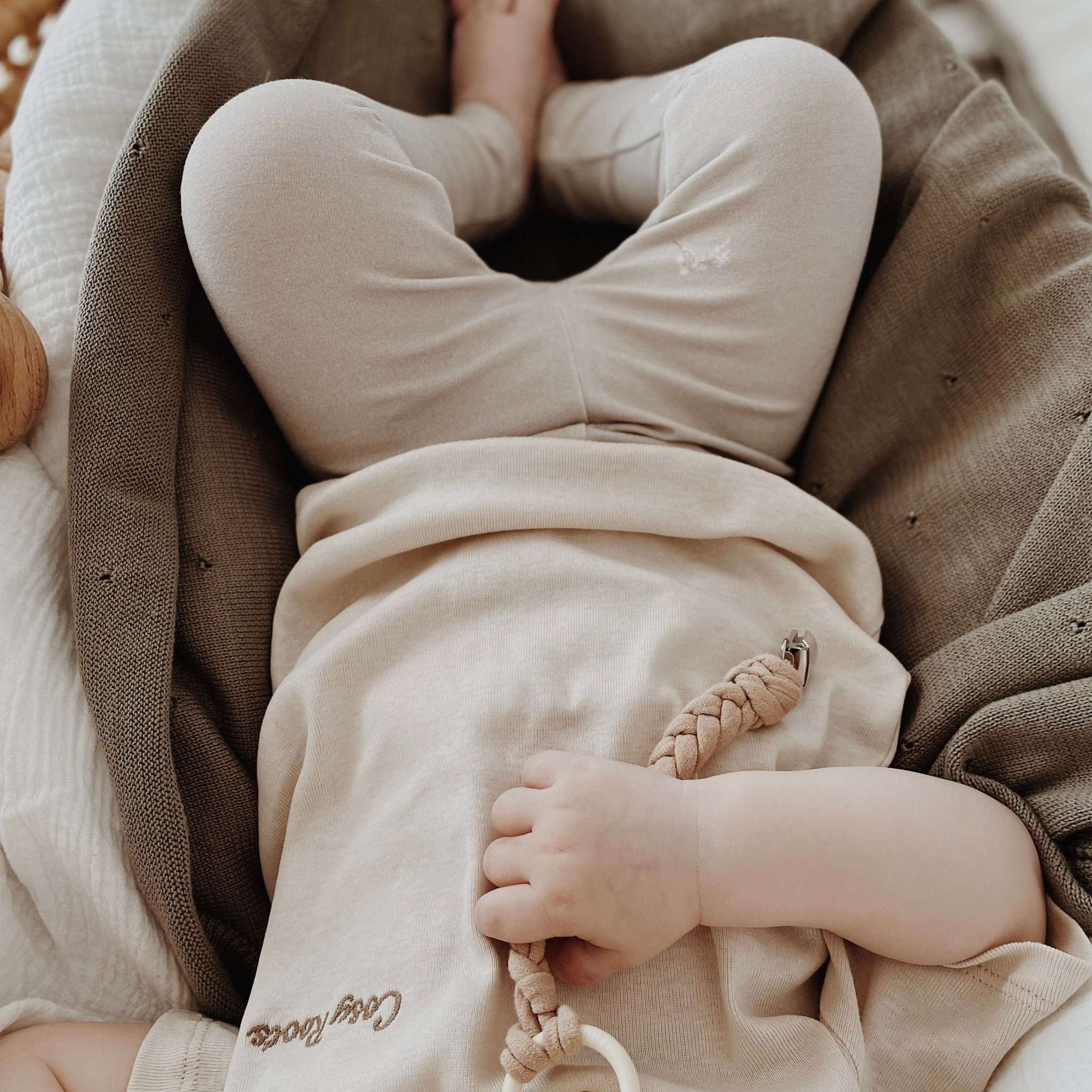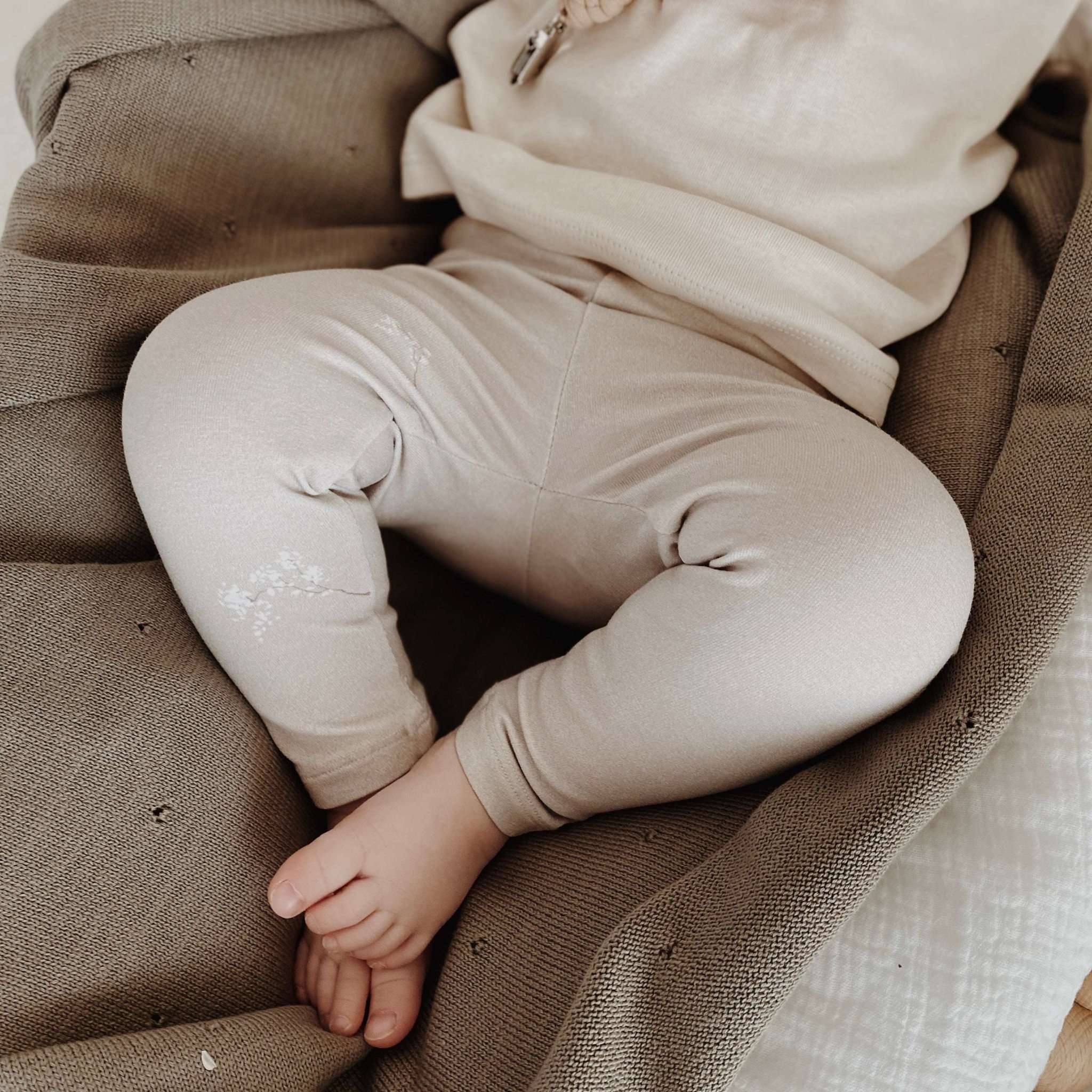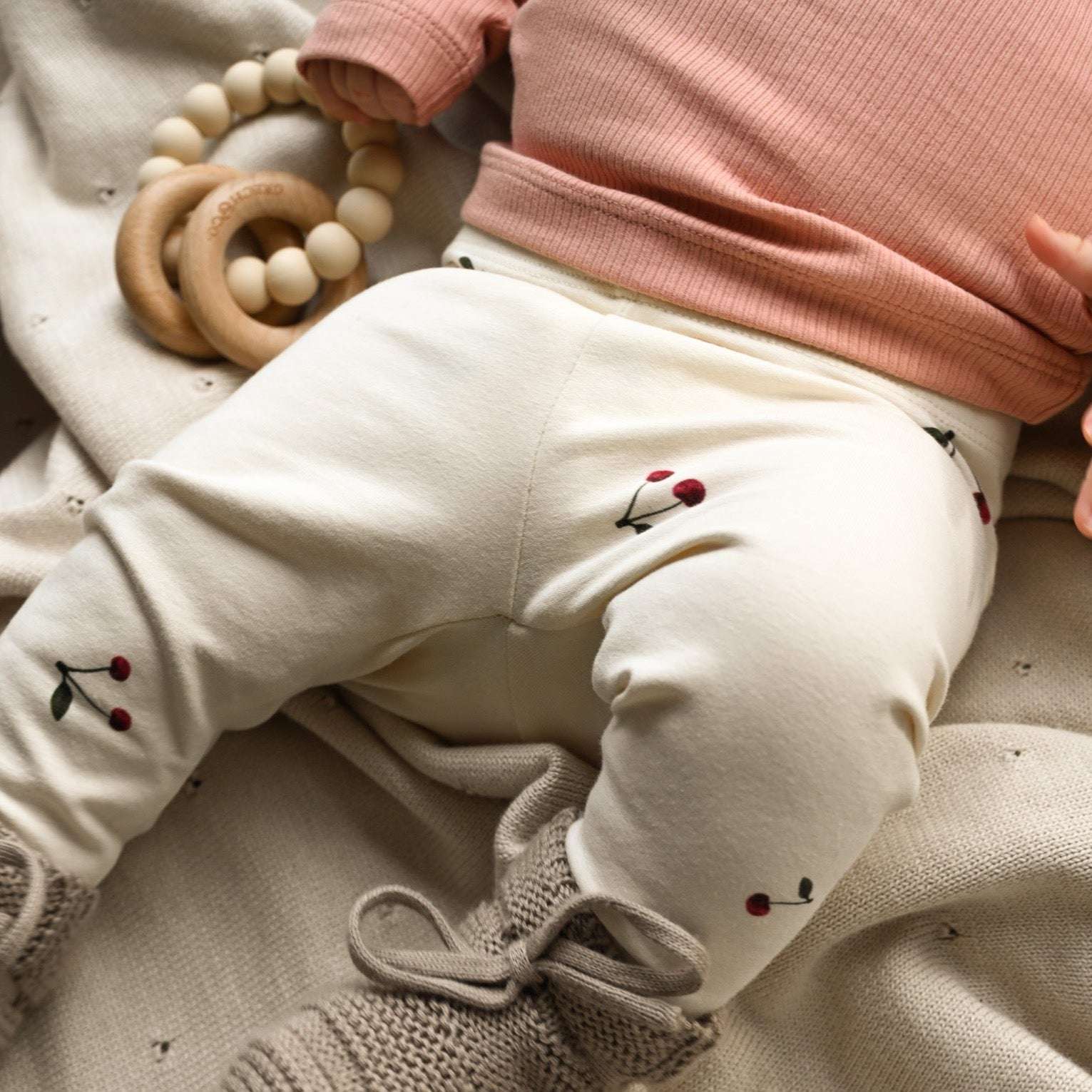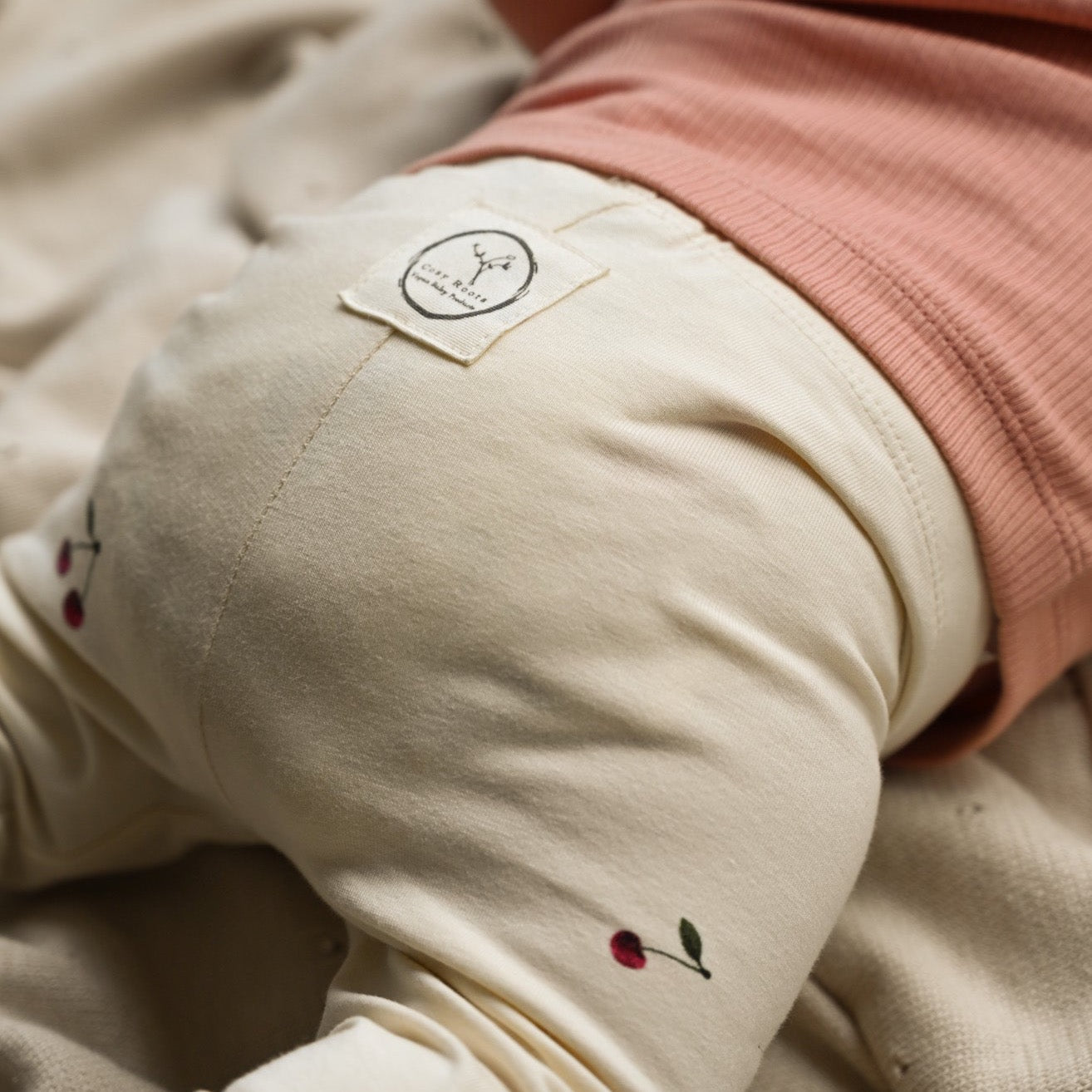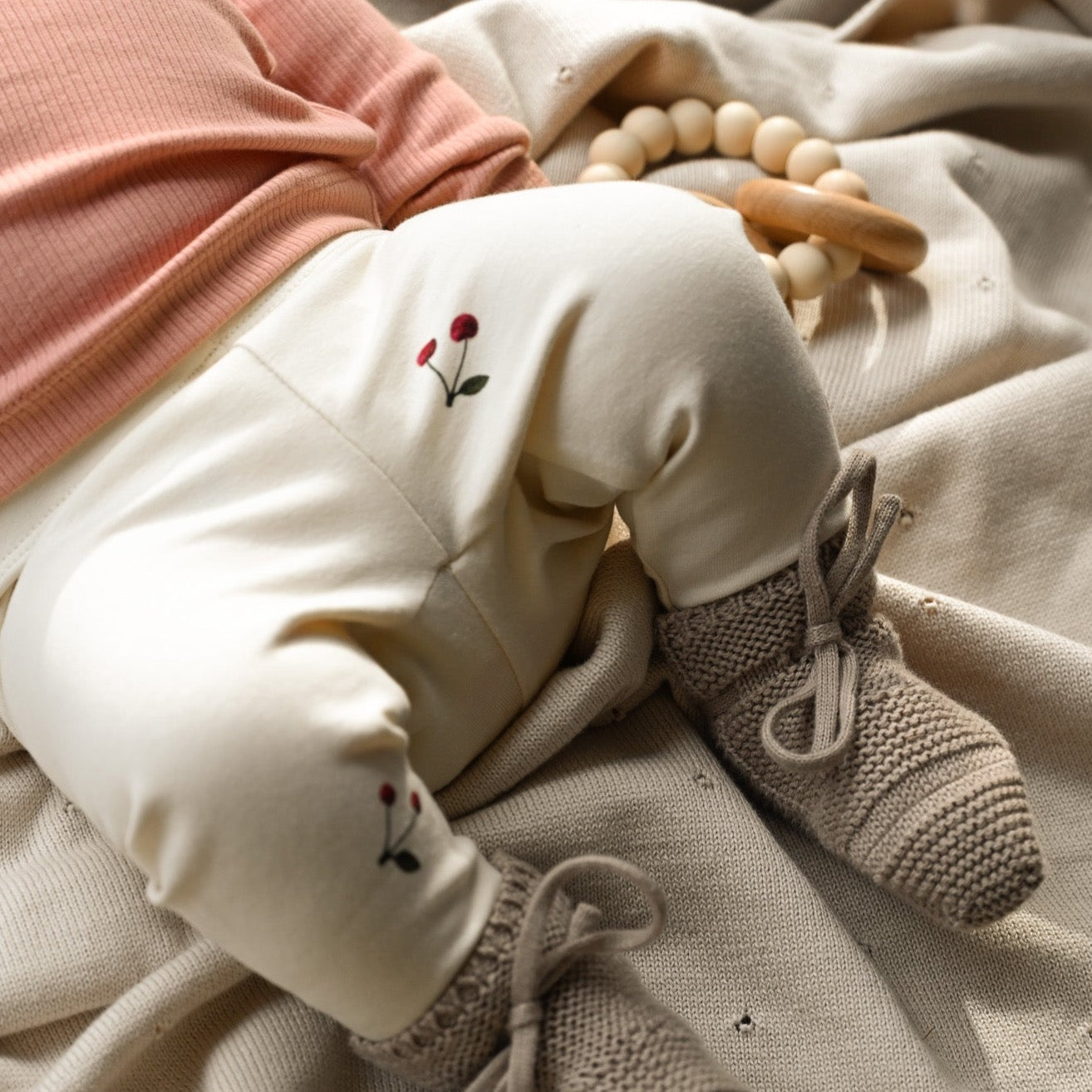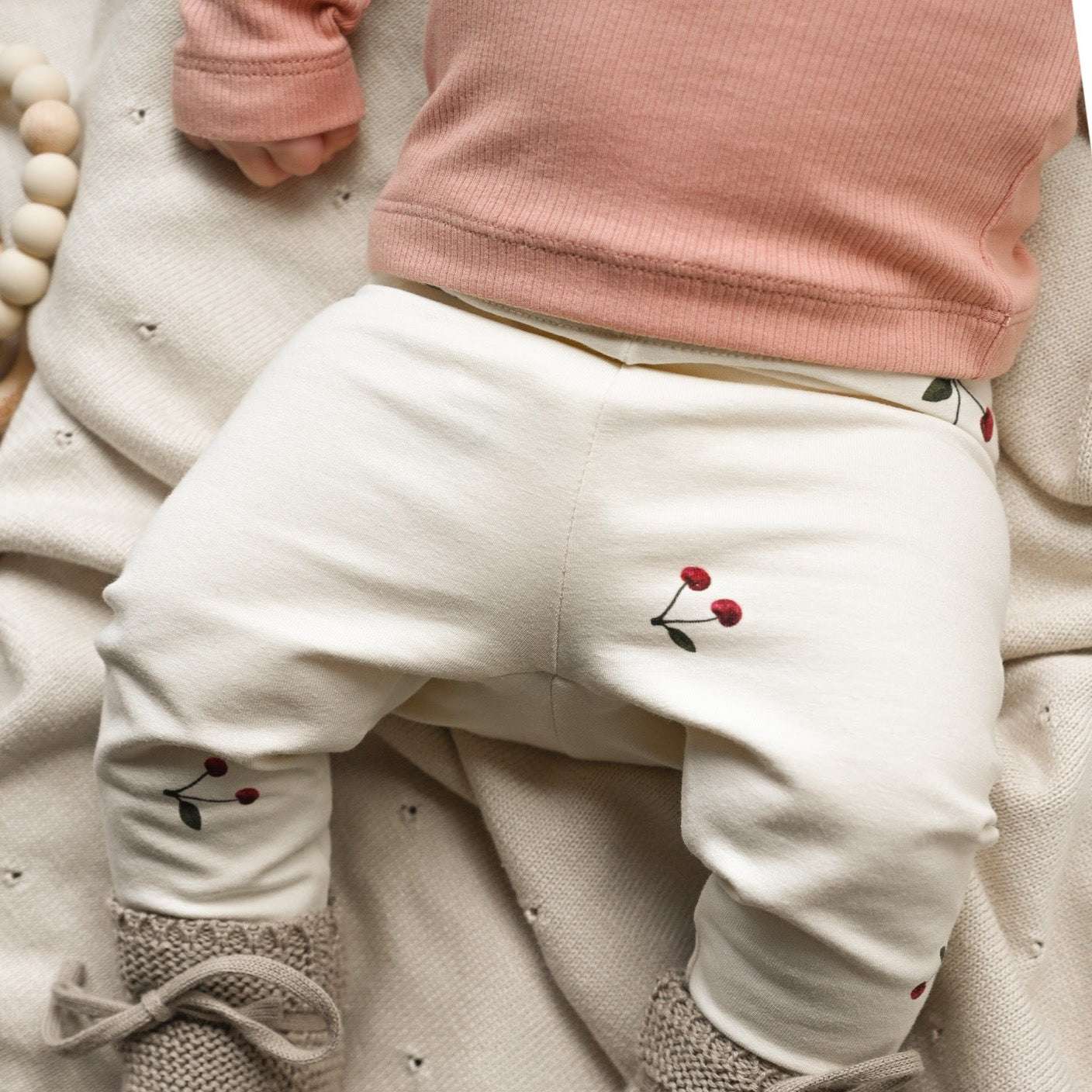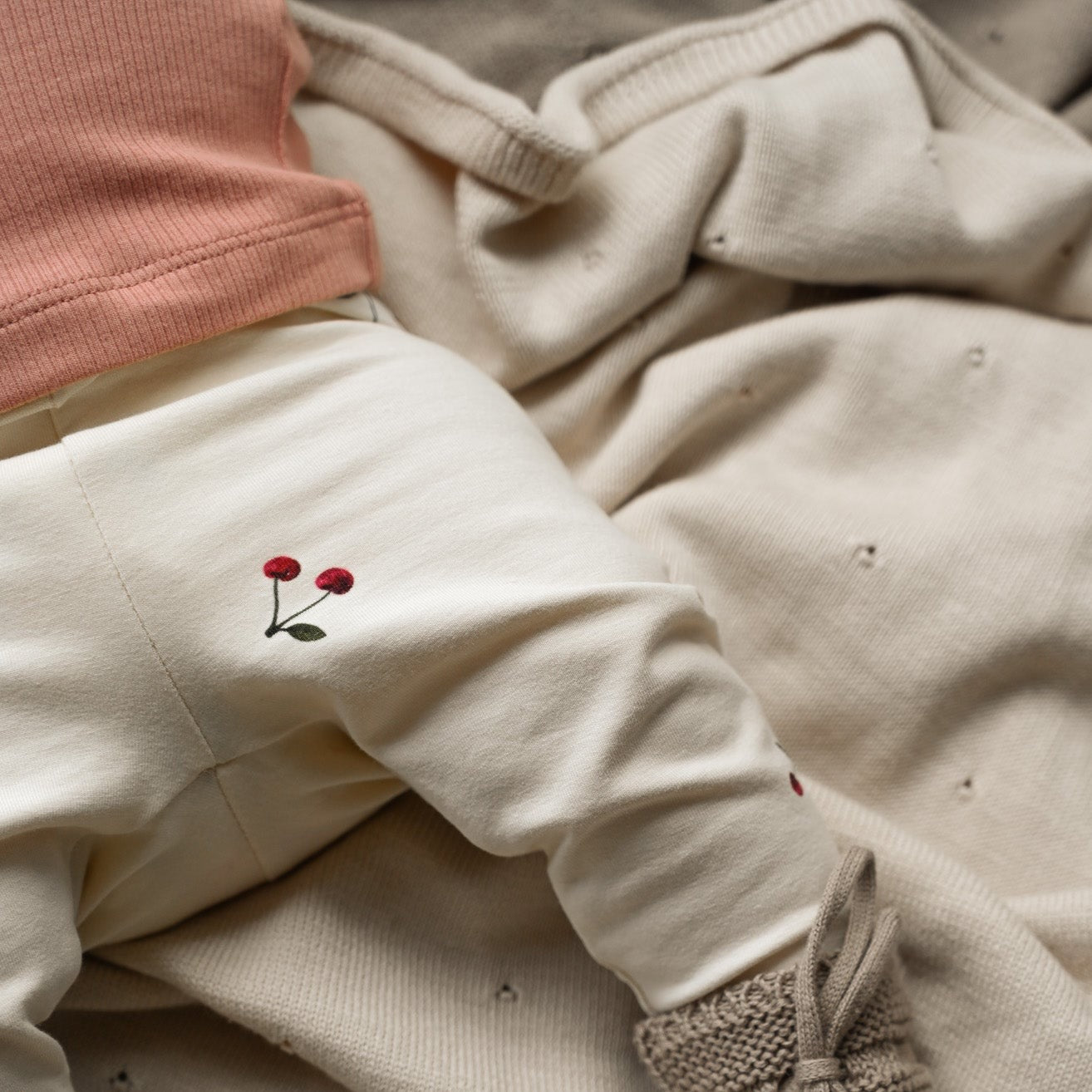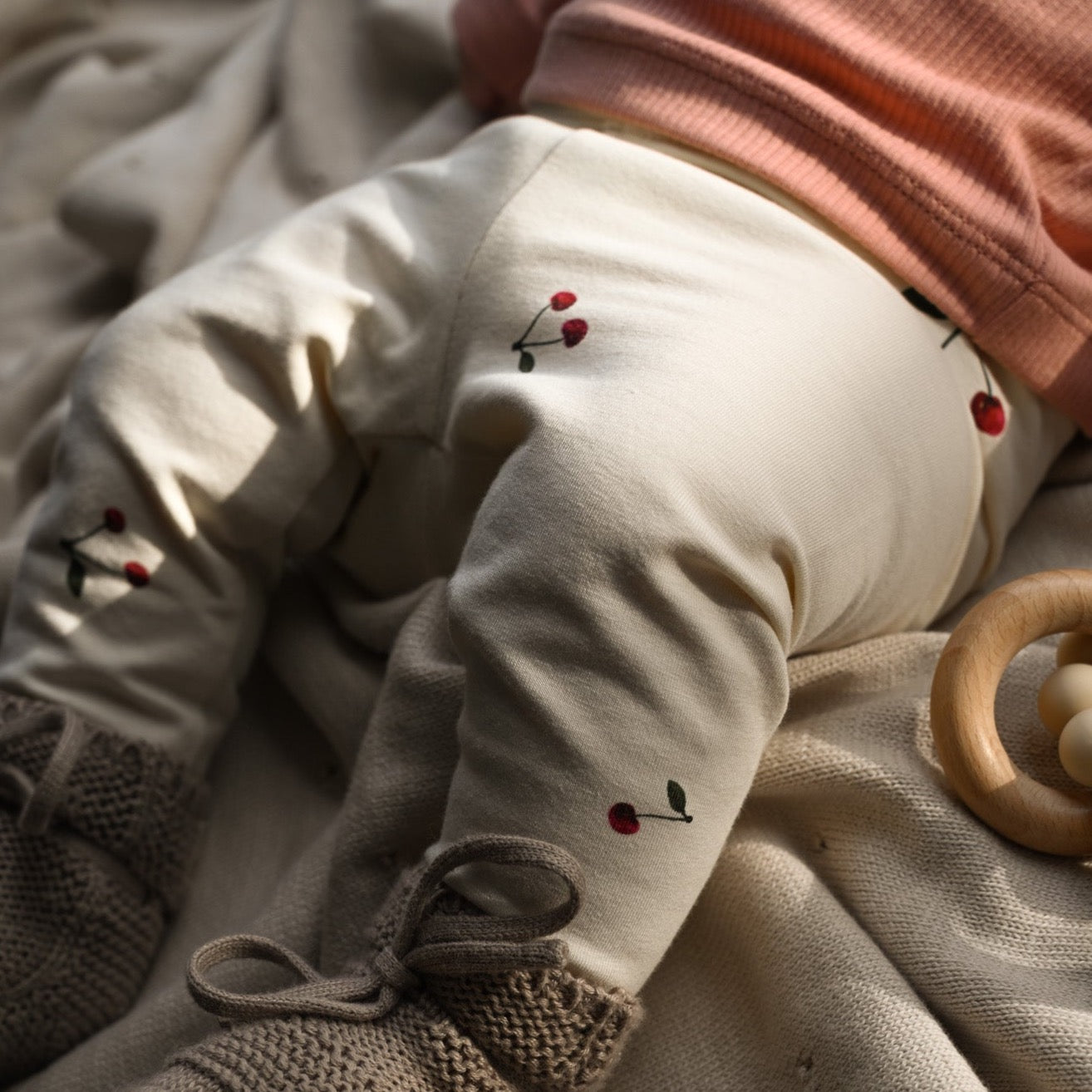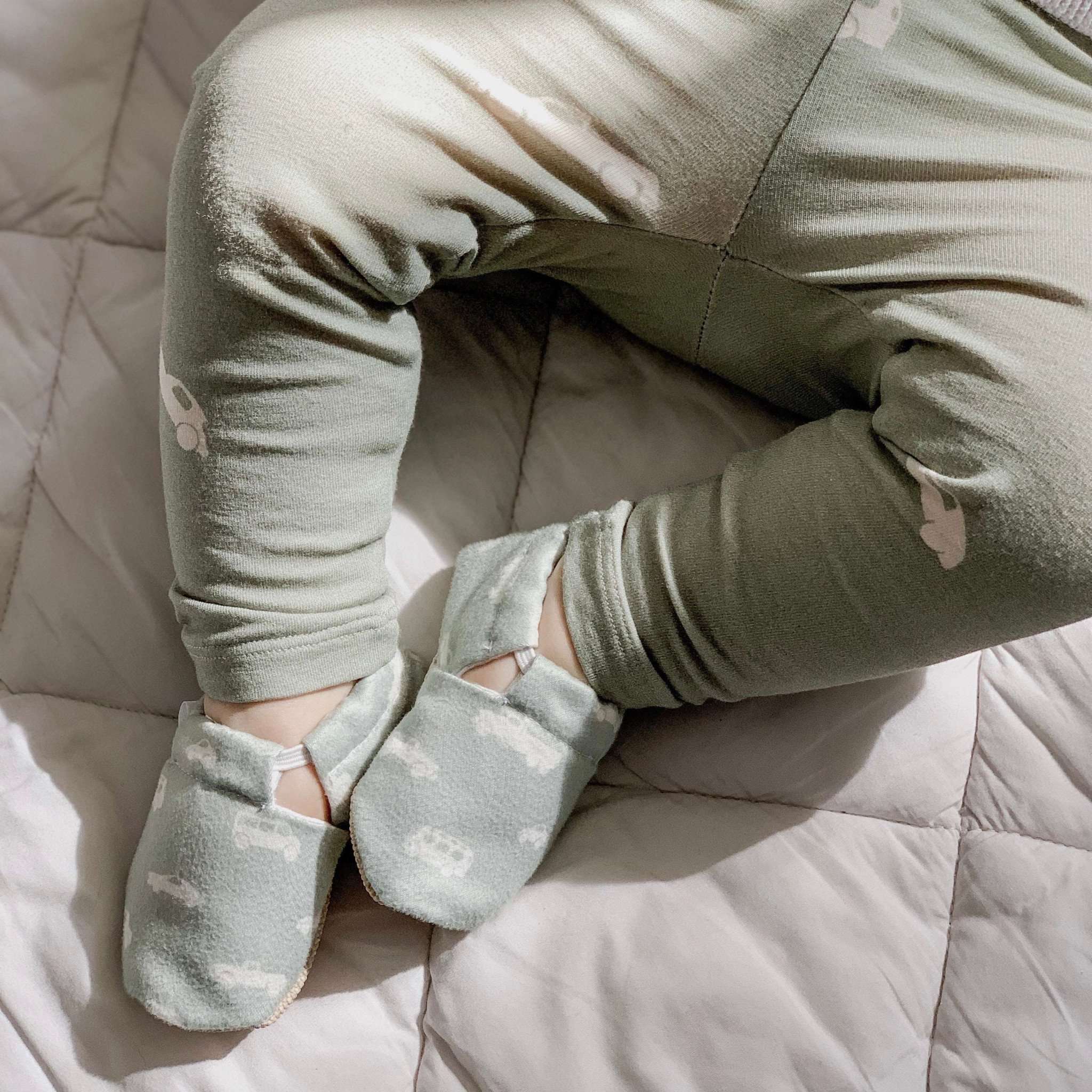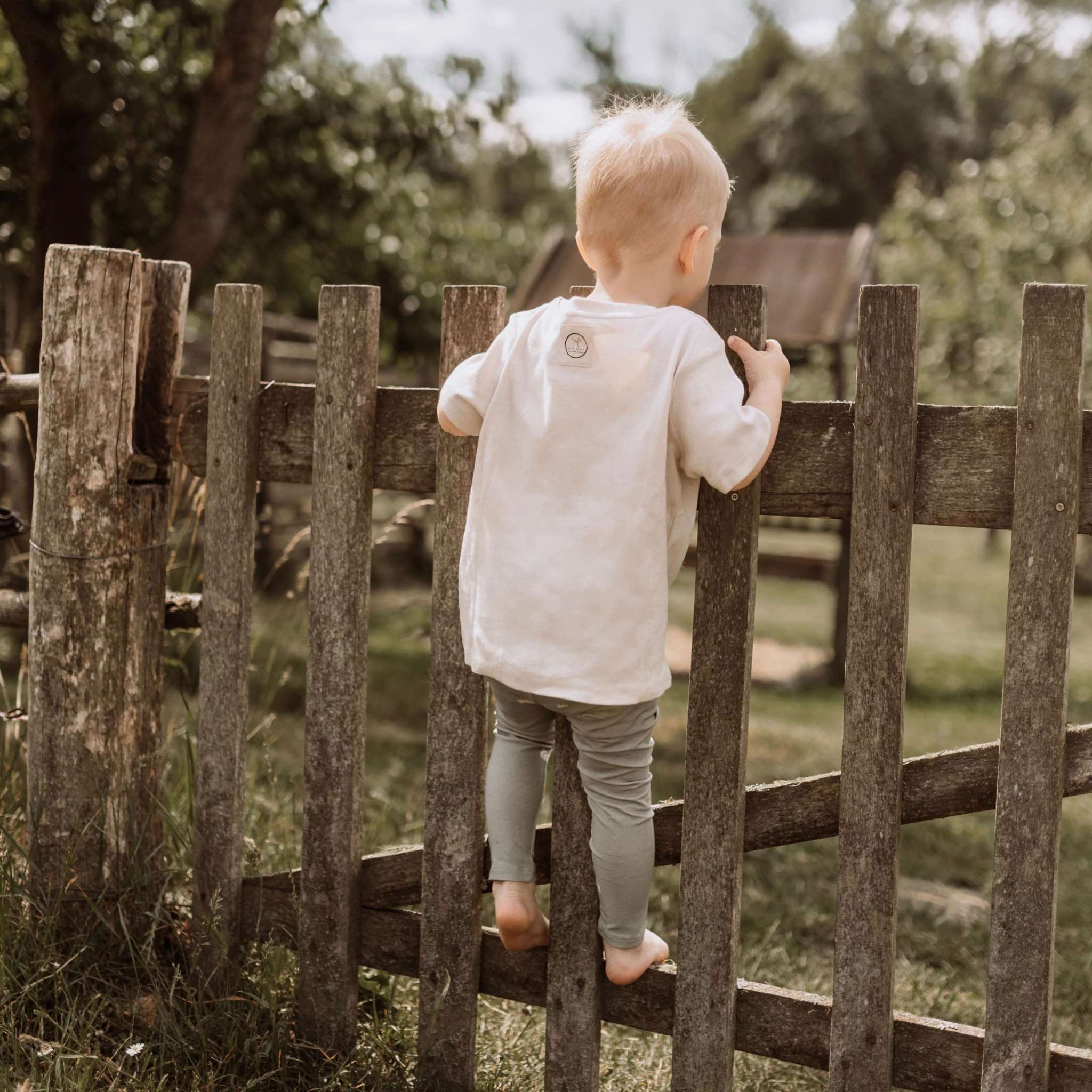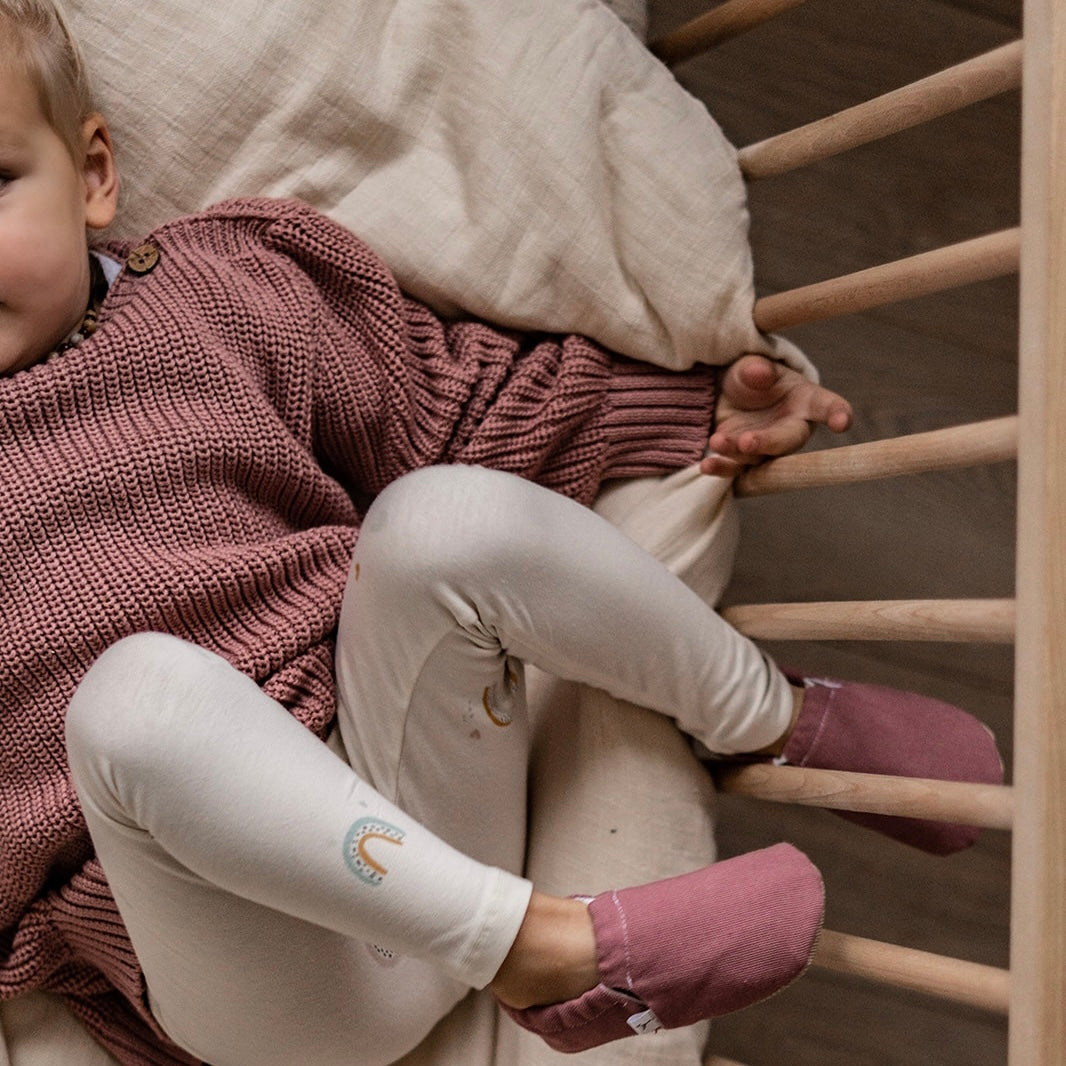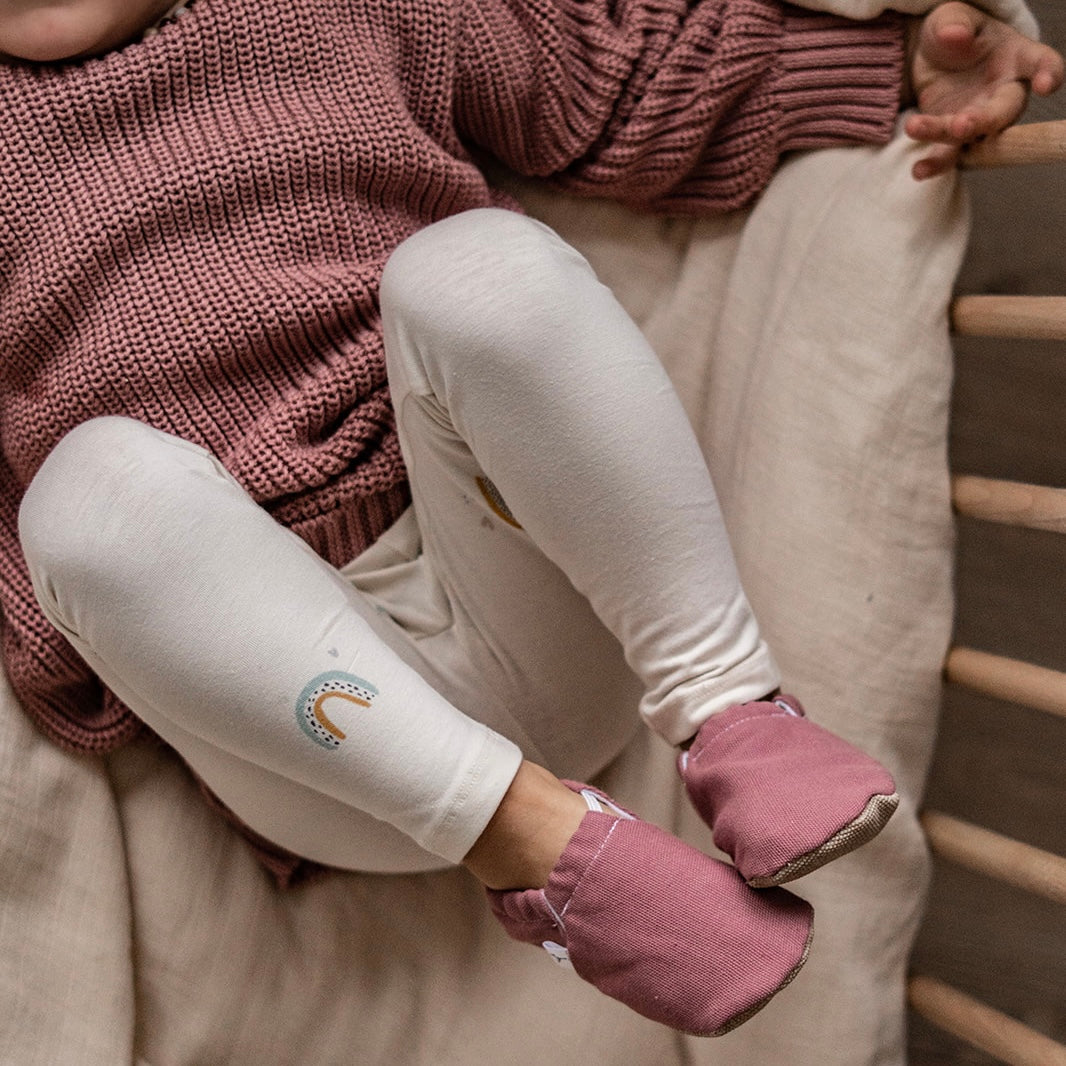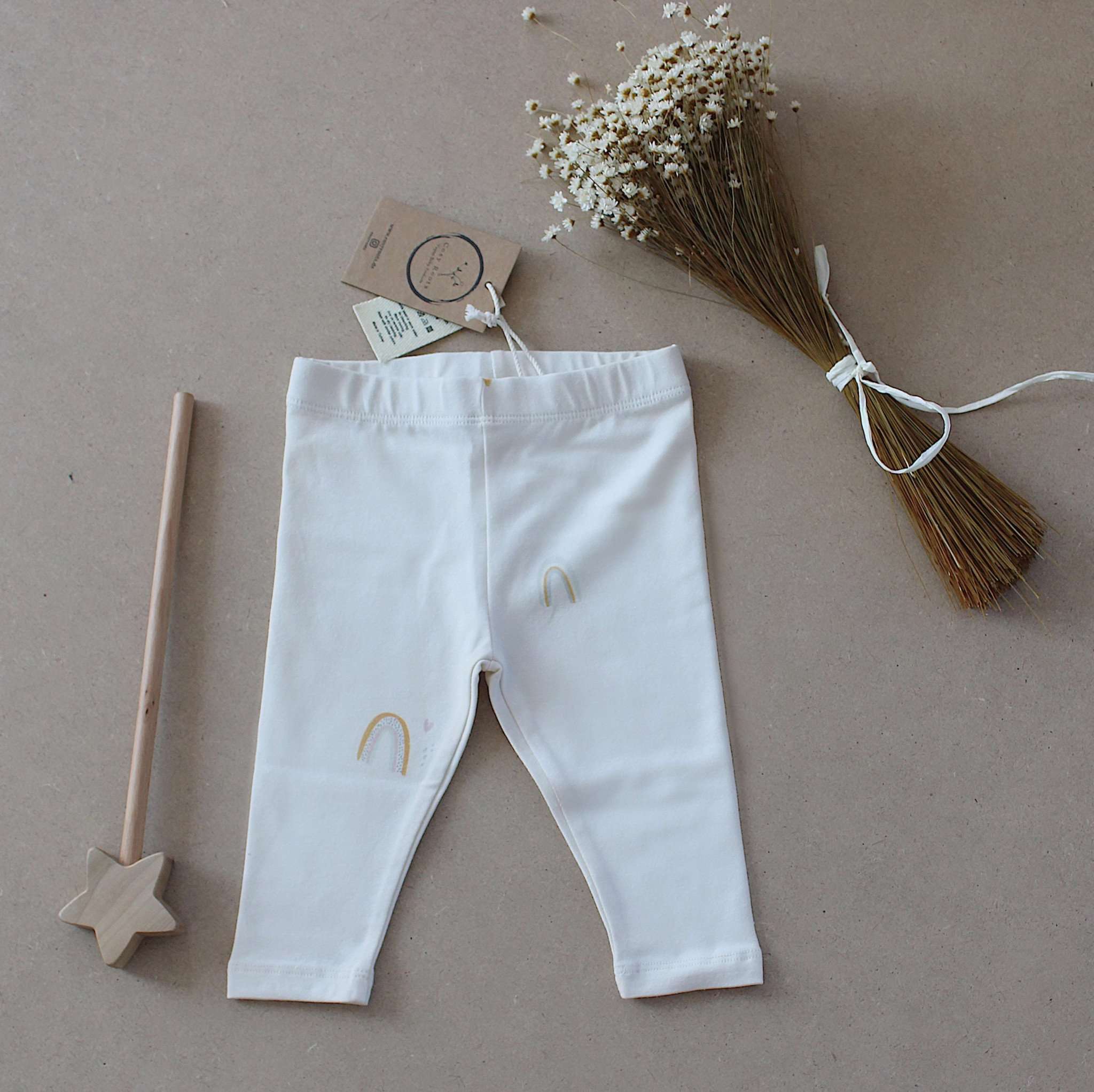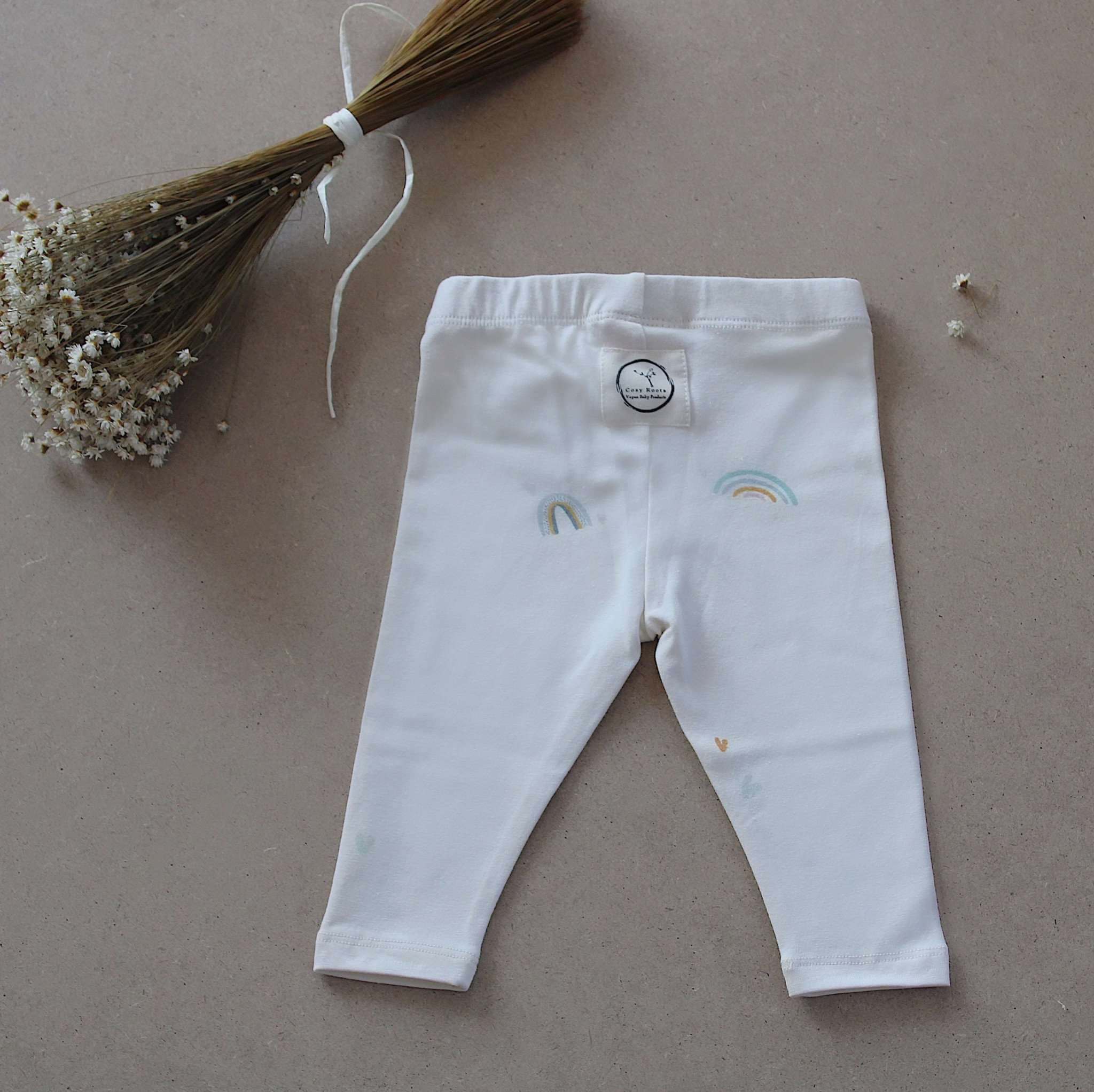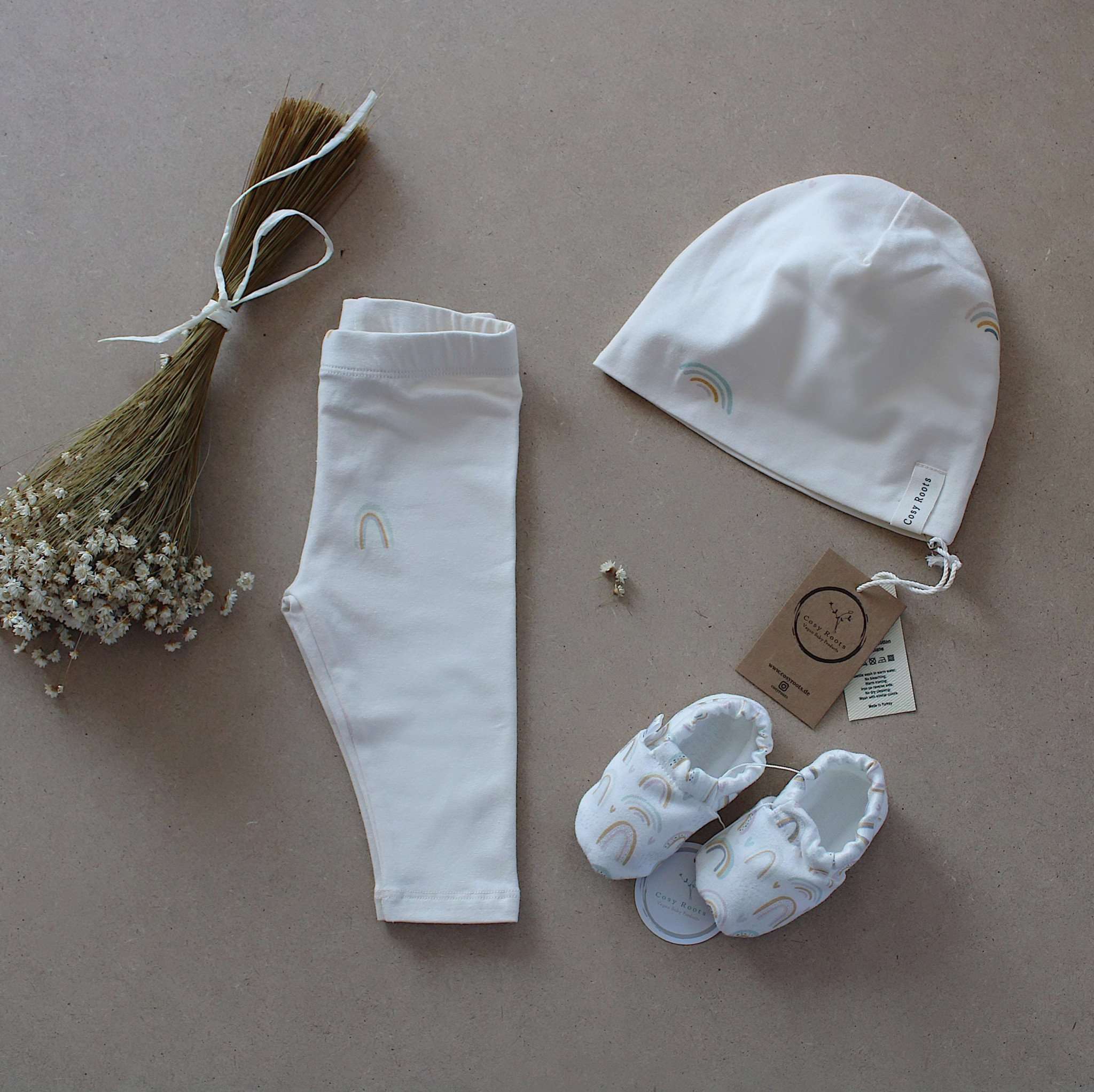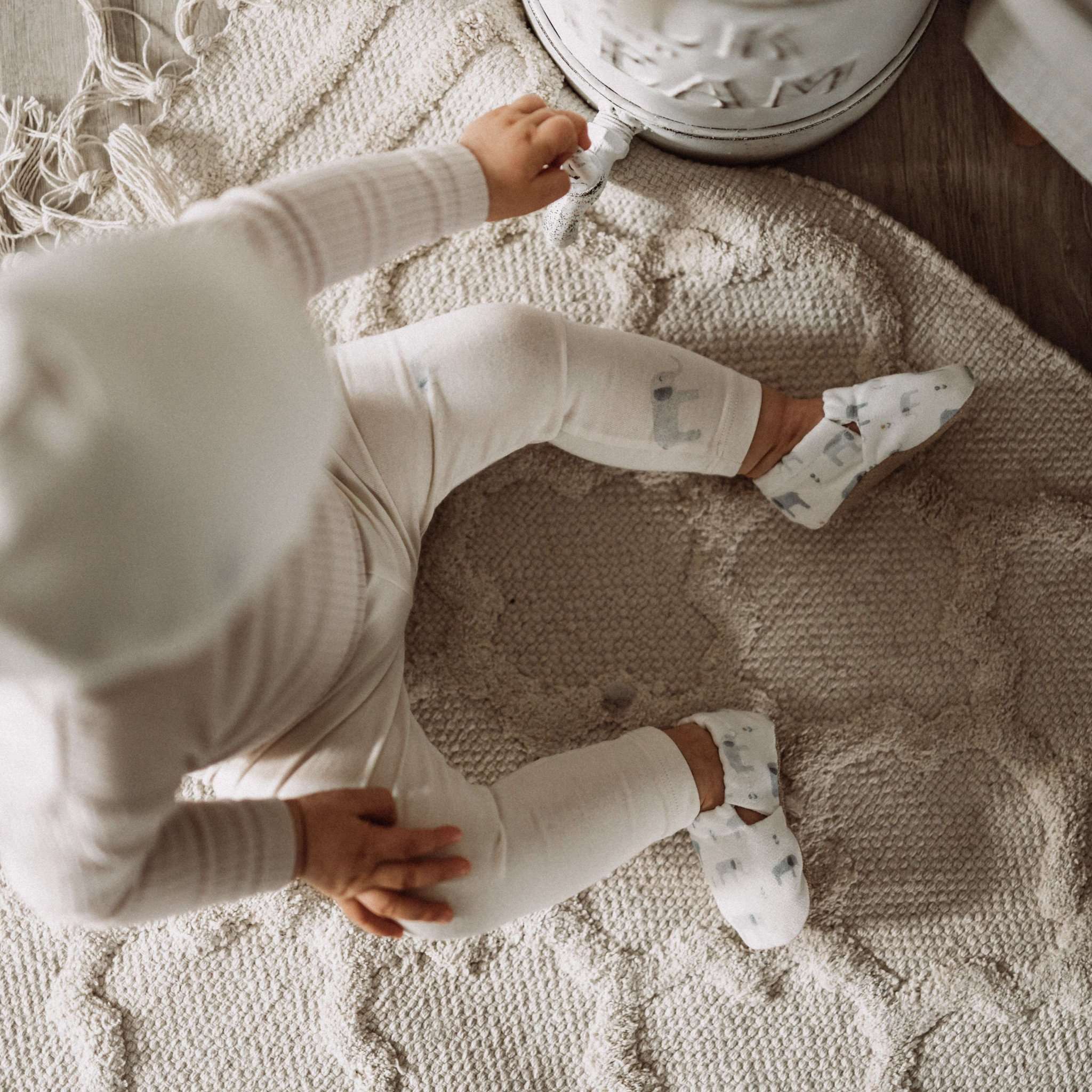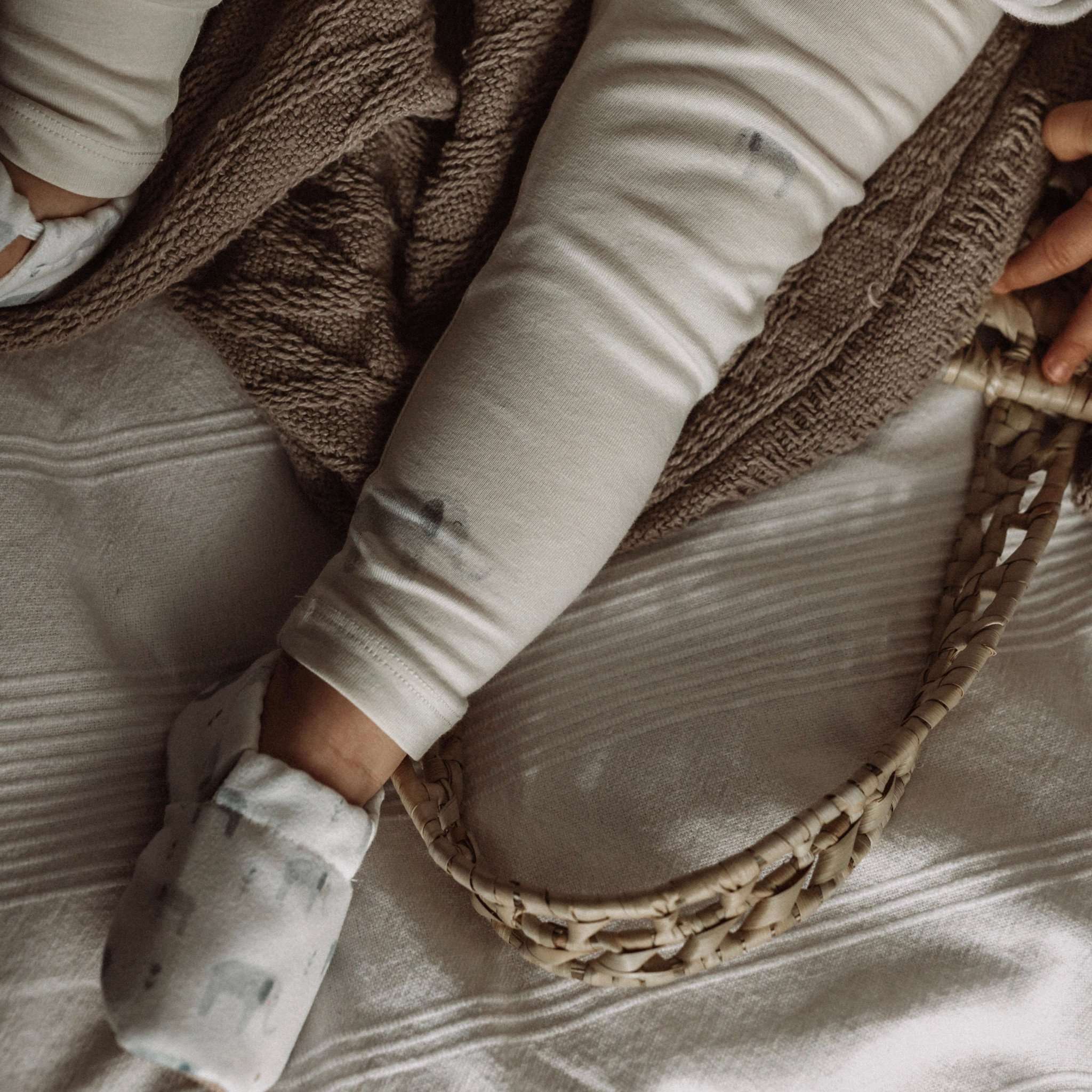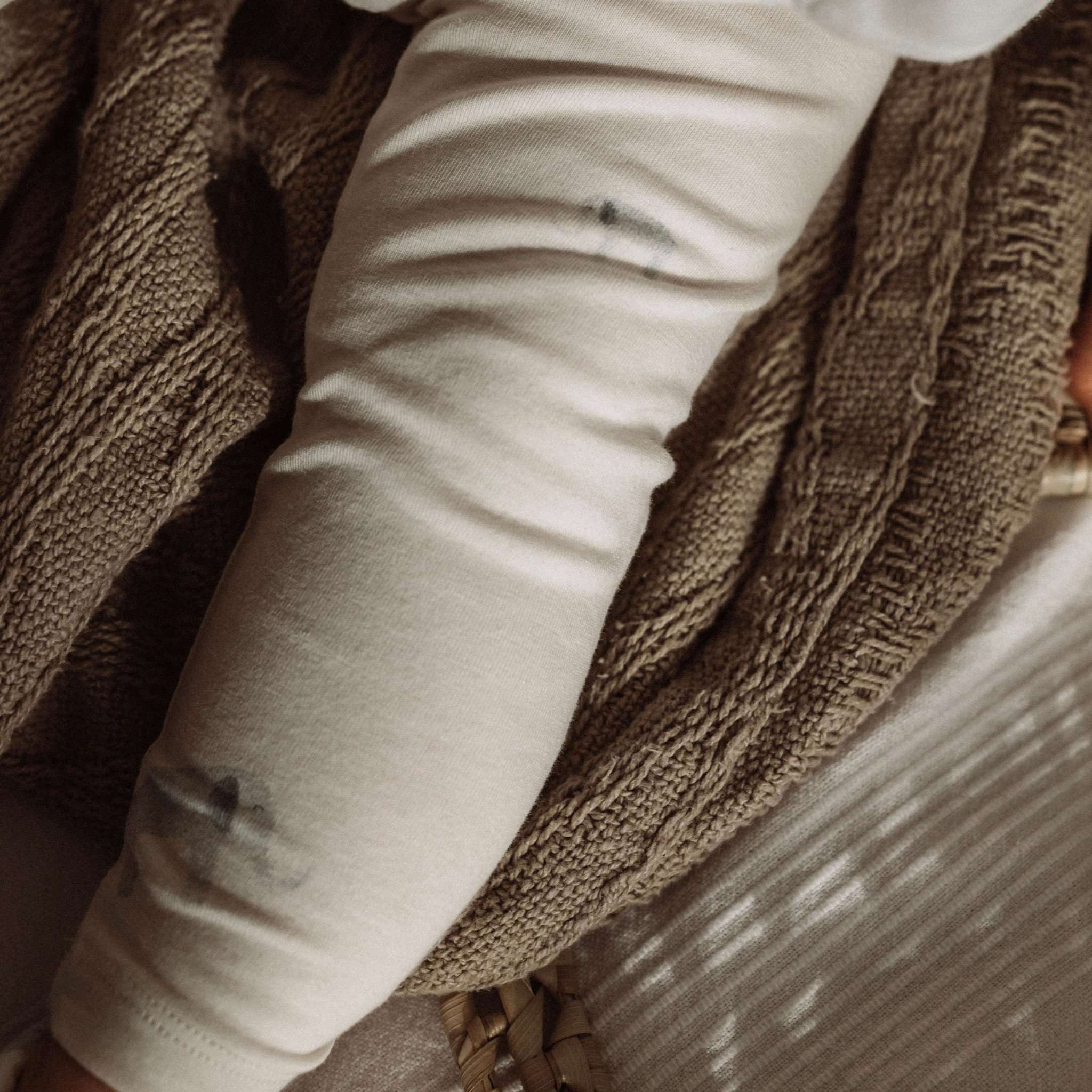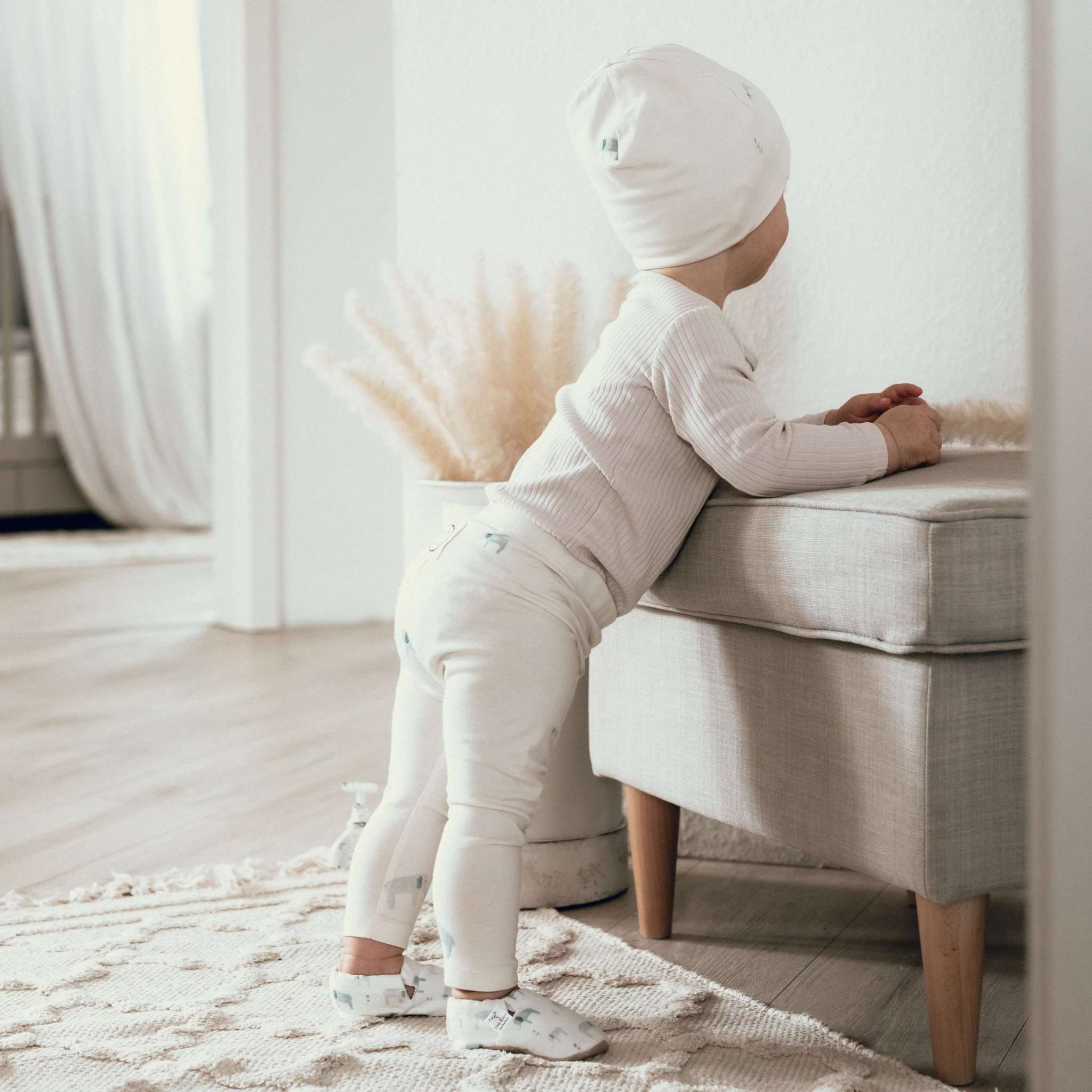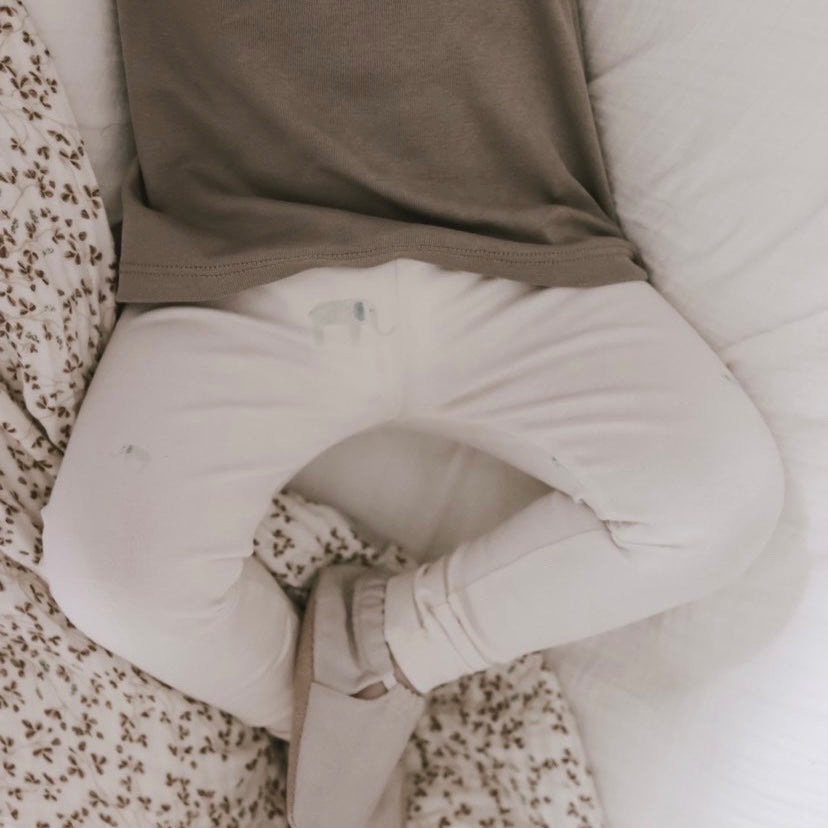Babies develop incredibly quickly, especially in the first few months of their lives. From rolling over for the first time to crawling and creeping to taking their first steps - children quickly learn to explore the world (almost) completely independently. But of course not every child is the same and not every developmental step is reached by every baby at the same time. New parents in particular often ask themselves: when do babies start walking? And when should their little darling be standing on two legs at the latest? We have answered these questions for you here.
When do babies usually start walking?
Many parents worry about whether their child is developing as it should and reaching all developmental stages on time - especially if it is the first child or if the second child is developing more slowly than the first. But of course not every baby is the same and not all children develop at the same speed. You can find out here what the differences are and what age is normal for the first steps.
The first running movements
The first steps are not only an important milestone for babies, as parents often wait with anticipation for their offspring to start walking. The first walking reflexes appear in the first few weeks in the form of the so-called stepping reflex. However, this does not mean that your baby can start practicing walking at this point - in fact, this reflex disappears after just a few weeks, but this is by no means a regression in your child's development.
The first turn
Before your baby can start walking, he or she must first develop basic motor skills. One of the first steps is turning over independently. This usually becomes apparent gradually as your little darling becomes more able to lift his or her head and may even be able to push himself or herself up with his or her arms. You will also notice more and more often that your baby is trying to turn over.
Eventually, it usually happens quite suddenly, so that you find your little darling turned over without noticing it - without any outside help. For most babies, this happens at around four months of age. For some children, however, it can take a little longer, so that the first turn does not occur until they are 6 to 7 months old.
Seals and crawls
Once your baby has developed the necessary strength to turn over, it usually doesn't take long before your little adventurer starts to move around on his own. This usually doesn't happen on two legs, but on all fours, as your baby crawls forward. Over time, this crawling turns into crawling when your baby has the necessary strength to push himself up with his arms and legs.
Although there can be big differences depending on the child, most babies start crawling around the 8th to 10th month. From this point on, your little darling not only starts to actively explore his surroundings, but also trains his muscles as ideal preparation for further development - and of course the first steps.
The first steps
It is a special and emotional moment when your little darling stands on two legs for the very first time and takes his first steps. Your baby will usually show you whether he is ready. You will notice more and more often that your little adventurer tries to pull himself up on tables, chairs and other furniture - often successfully, although initially with slightly wobbly legs.
In order to actually walk, you usually need a little help first. Take your baby by the hand and see if he or she is ready to move forward. Of course, you shouldn't overwhelm your little one or encourage him or her to walk if he or she isn't ready yet. If your baby shows a clear interest in walking, you can help a little and support your little darling as best you can.
Once your adventurer has got the hang of it, things will suddenly go very quickly: the first steps, held by a hand, will become easier and easier and eventually walking will be possible without any help. Although furniture and anything else tangible will often still serve as occasional support, your baby will be able to take more and more independent steps and thus take the decisive step towards becoming a toddler.
At what age should babies be able to walk?
As a parent, you often worry about your baby's development. Is it going too fast? Or too slow? And what should my baby be able to do and when? Parents ask themselves these questions particularly often in the first few months of life, but comparisons are also quickly drawn when it comes to the first steps. If your child walks earlier or later than other babies, this quickly leads to uncertainty and concerns.
In most cases, however, these concerns are unfounded, because even if your baby does not start walking at the same time as other children, this does not mean that something is wrong. Every child is different and develops at their own pace, which does not always coincide with other children of the same age.
Some children start walking much earlier than others. For example, there are babies who take their first tentative steps holding a hand at around 6 months and who start walking alone at around 8 months. Other children take much longer and only start walking with support when they are over a year old. In this case, it may take several more months for them to take their first independent steps.
On average, most children start walking independently and without help from around the age of one. But even if your child does not fit this pattern, this does not mean that you should immediately worry. The most important thing is that you adapt to your baby's individual development and support your little darling in walking when he or she is ready. If your baby shows no signs of wanting to start walking after the first year, it is still a good idea to clarify the reasons with your pediatrician. In general, however, the rule is: stay calm and give your little darling the time he or she needs.

